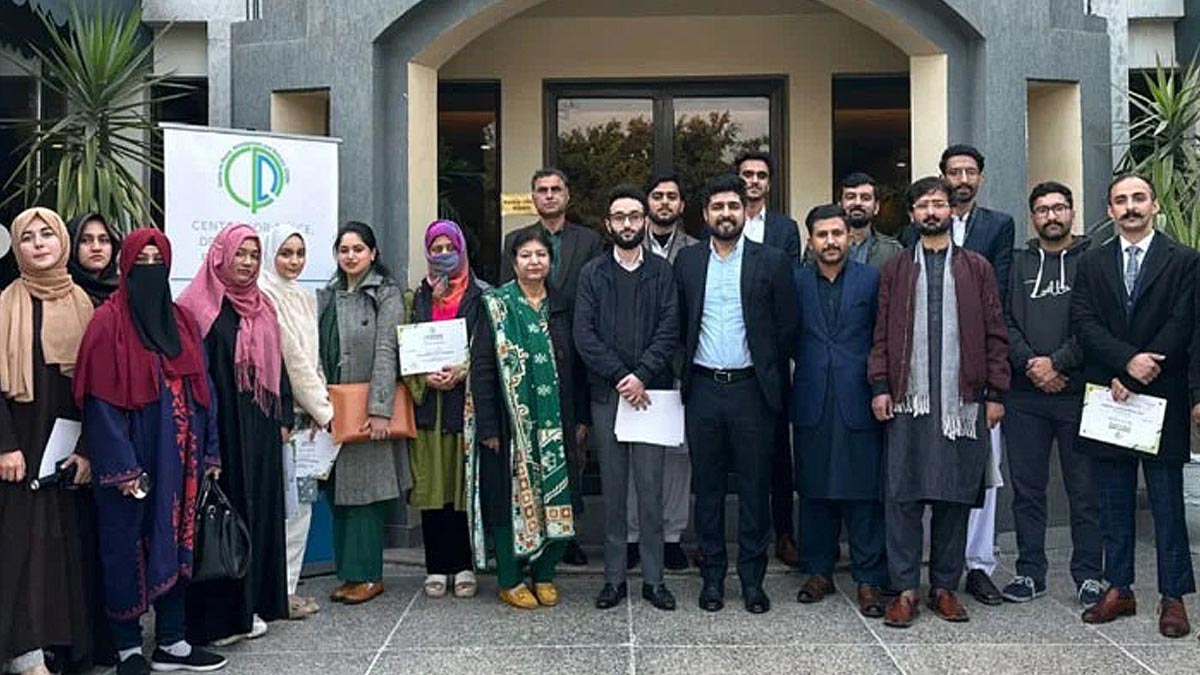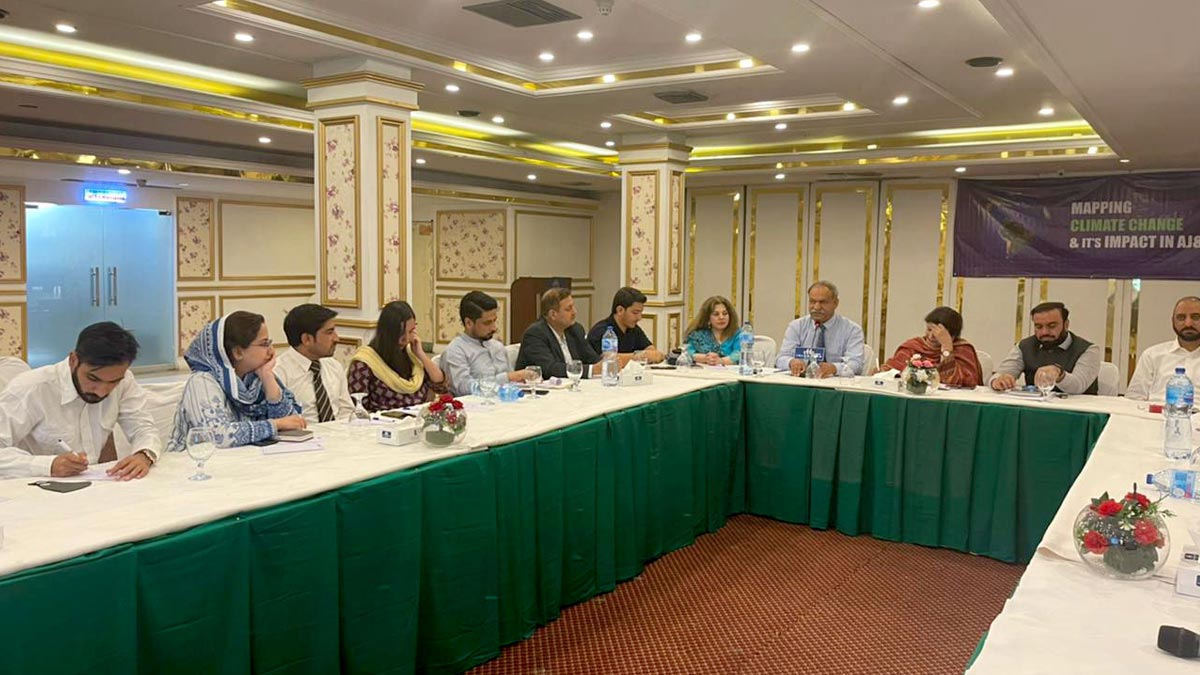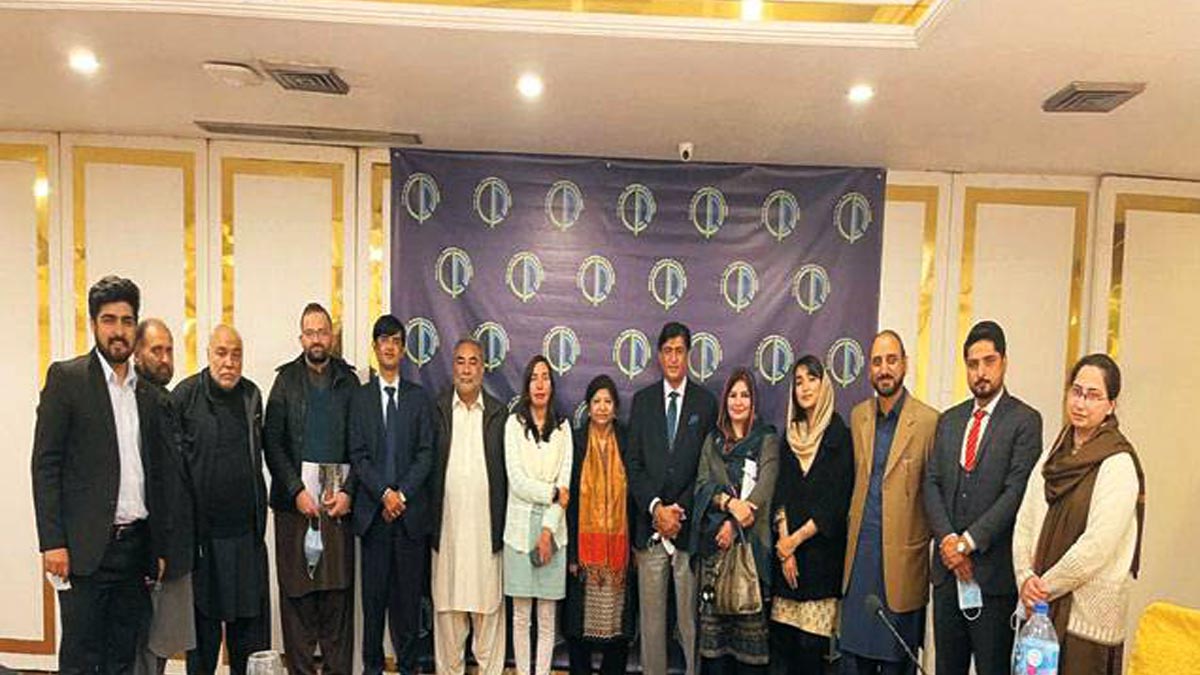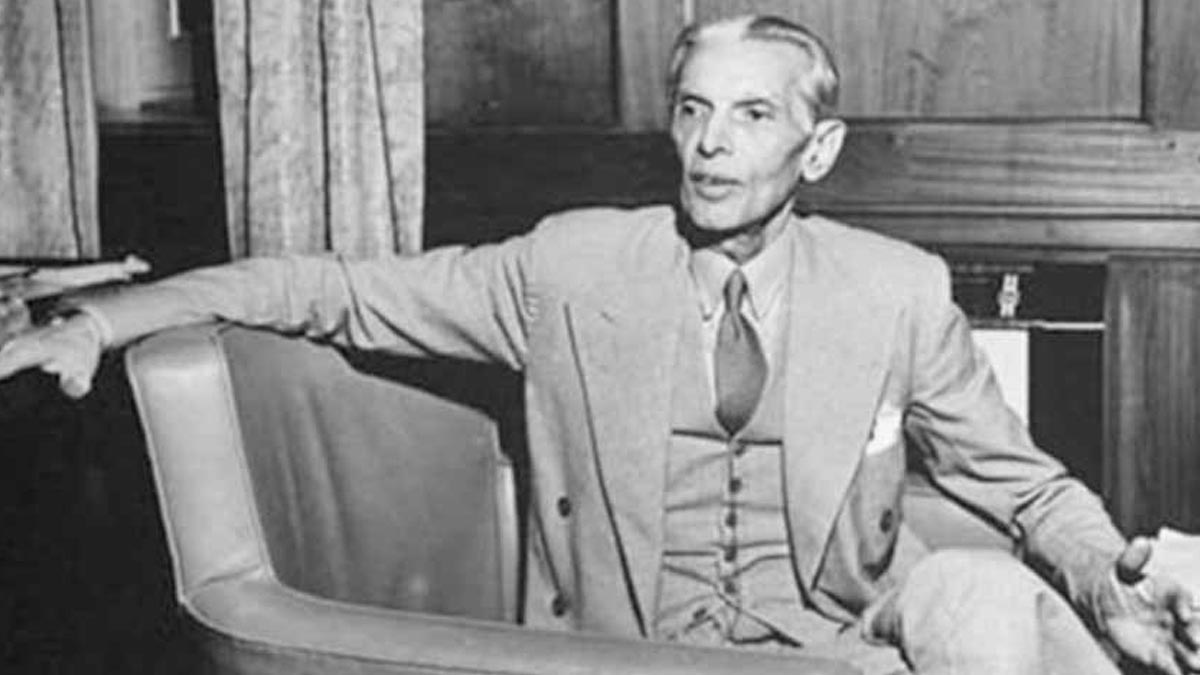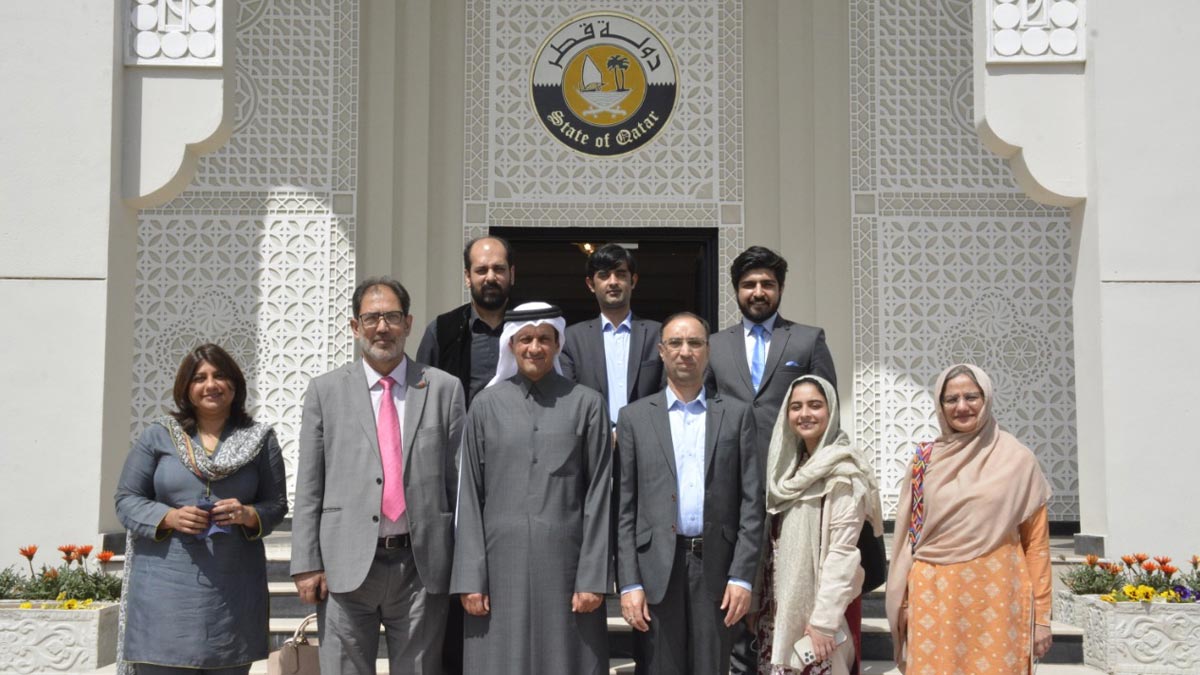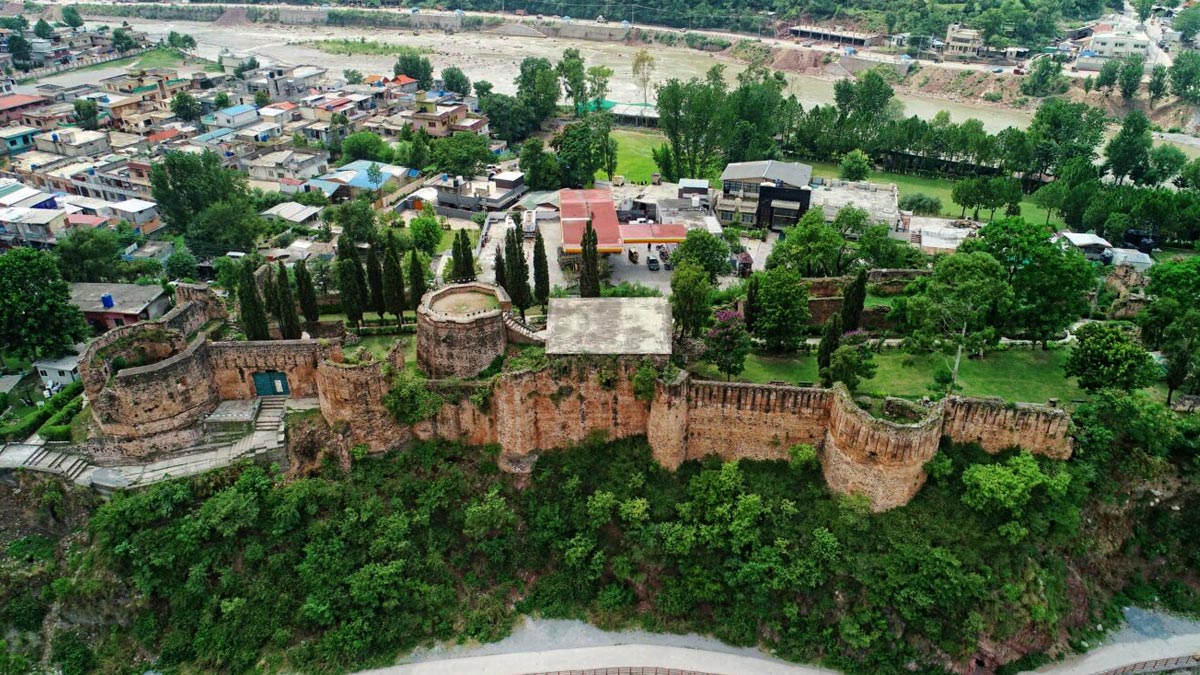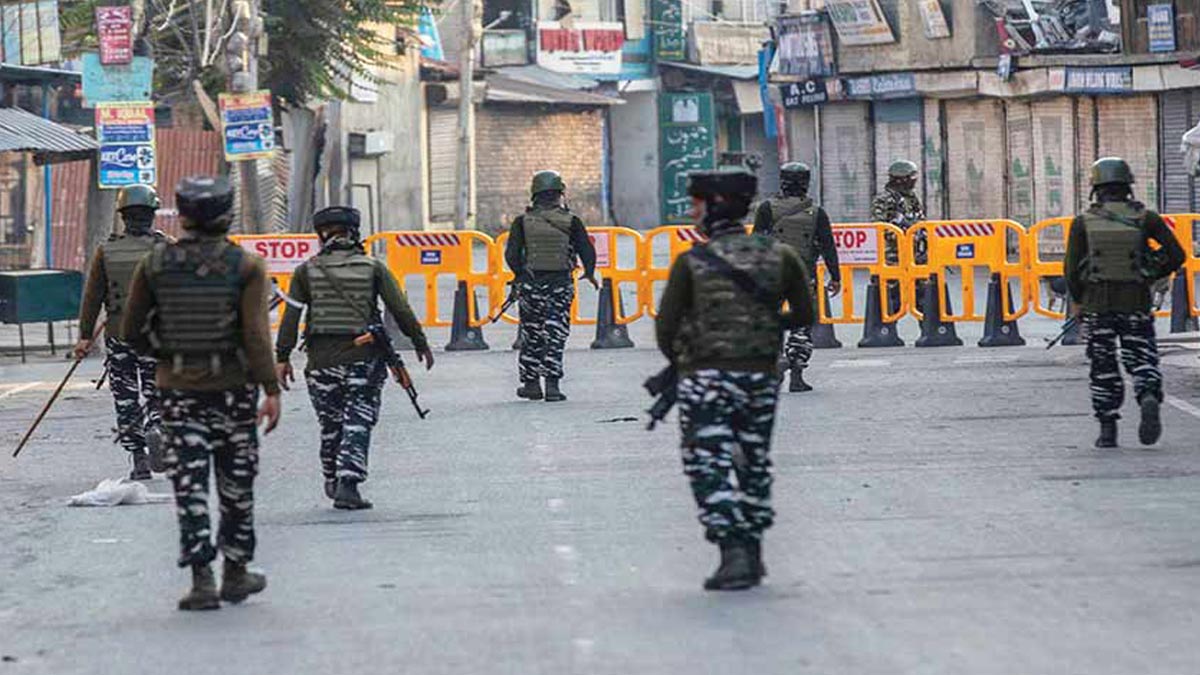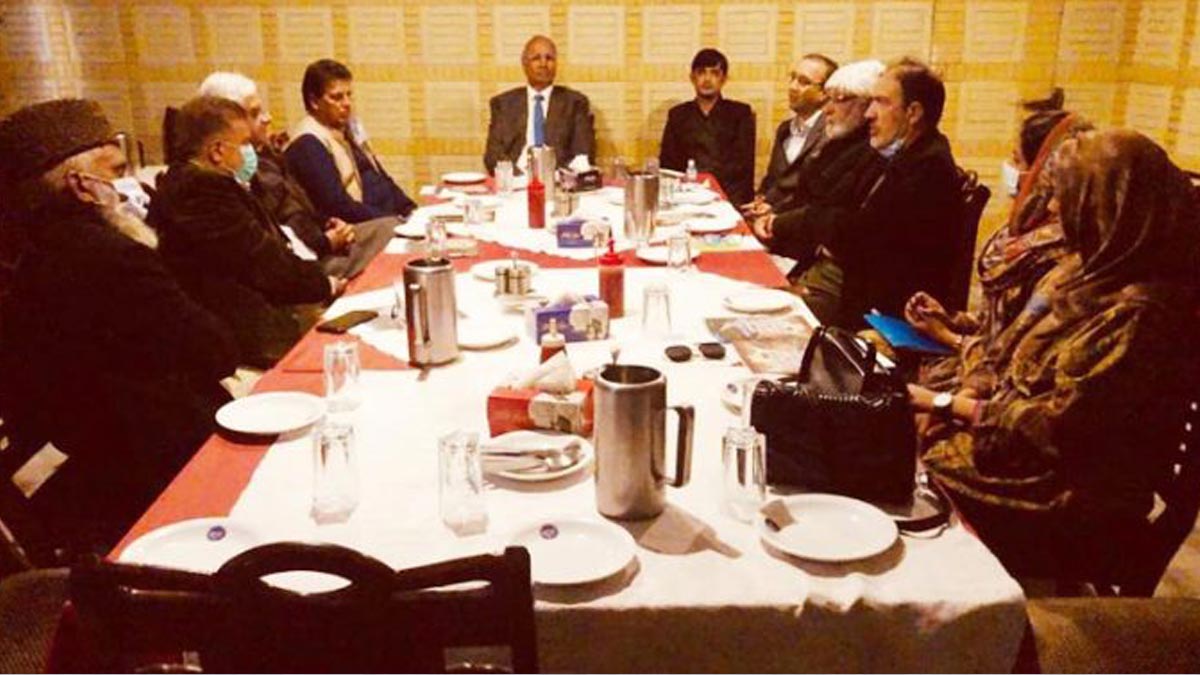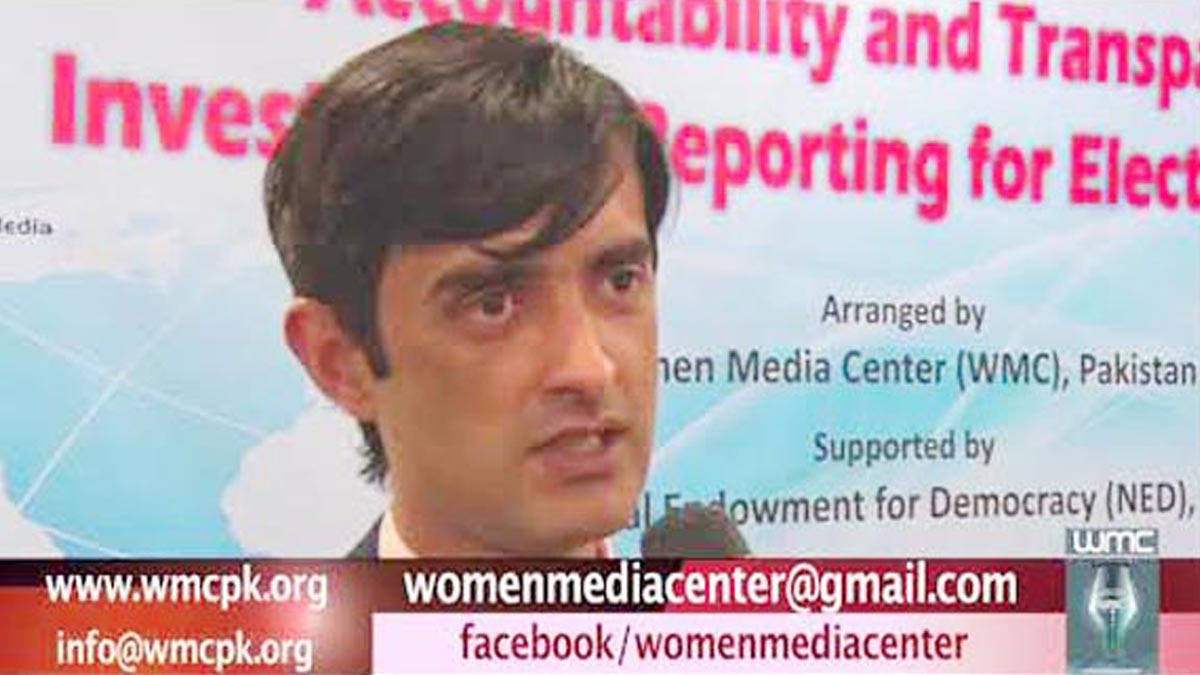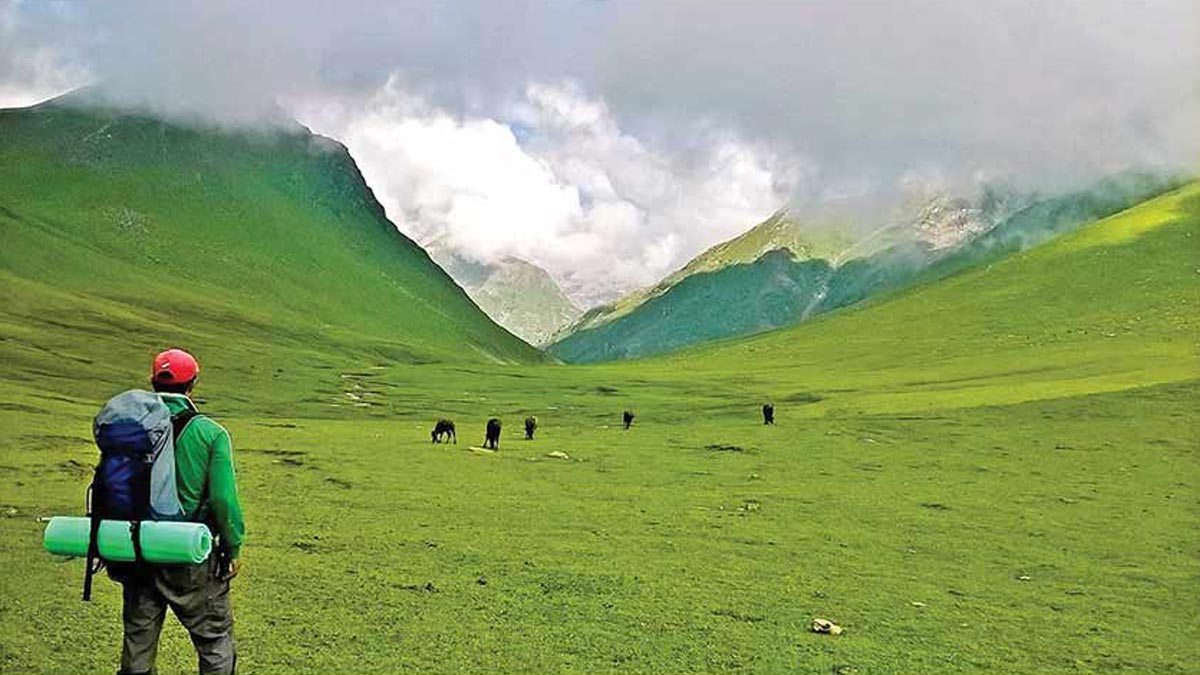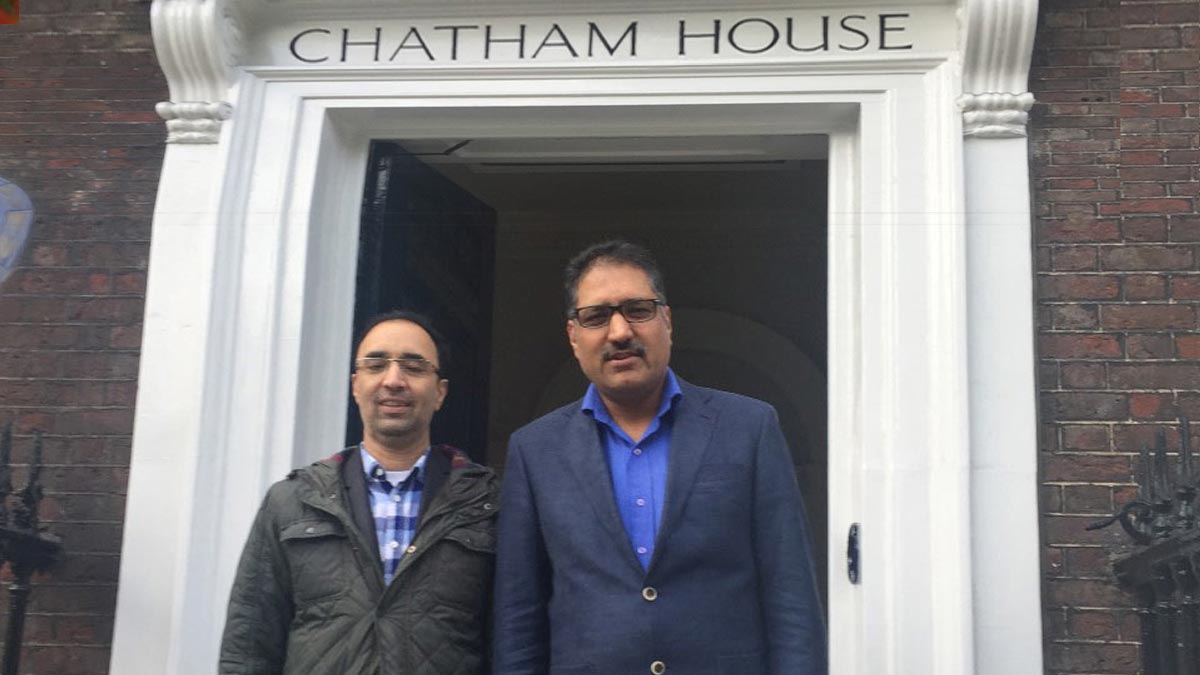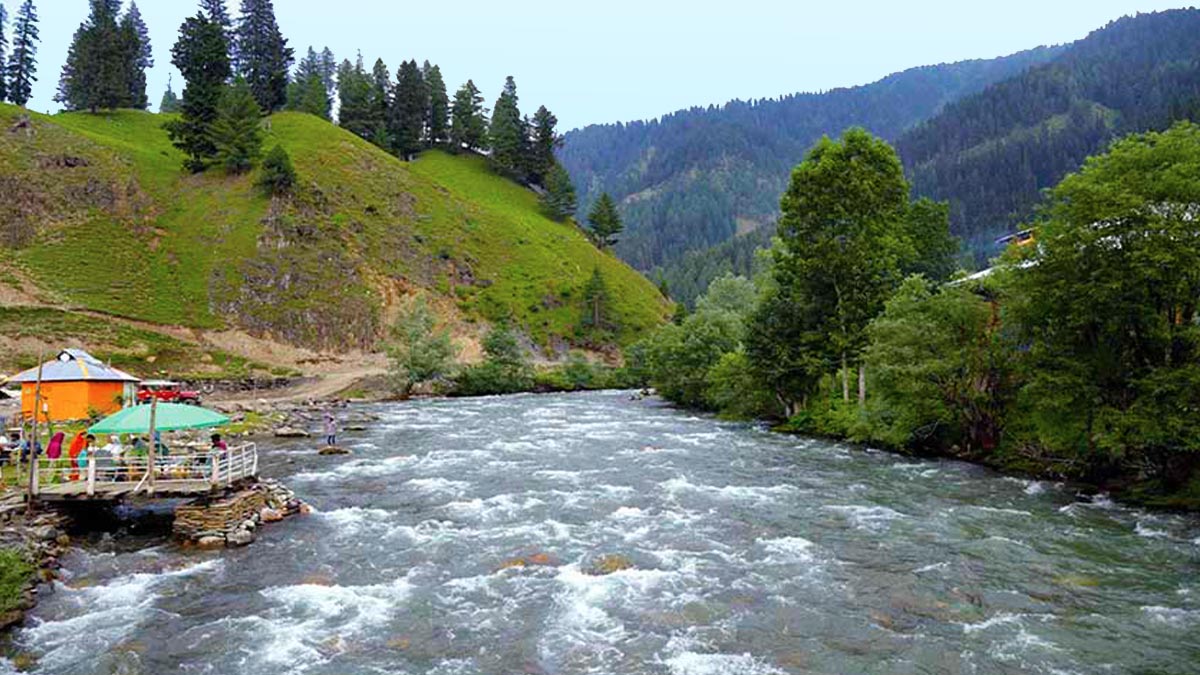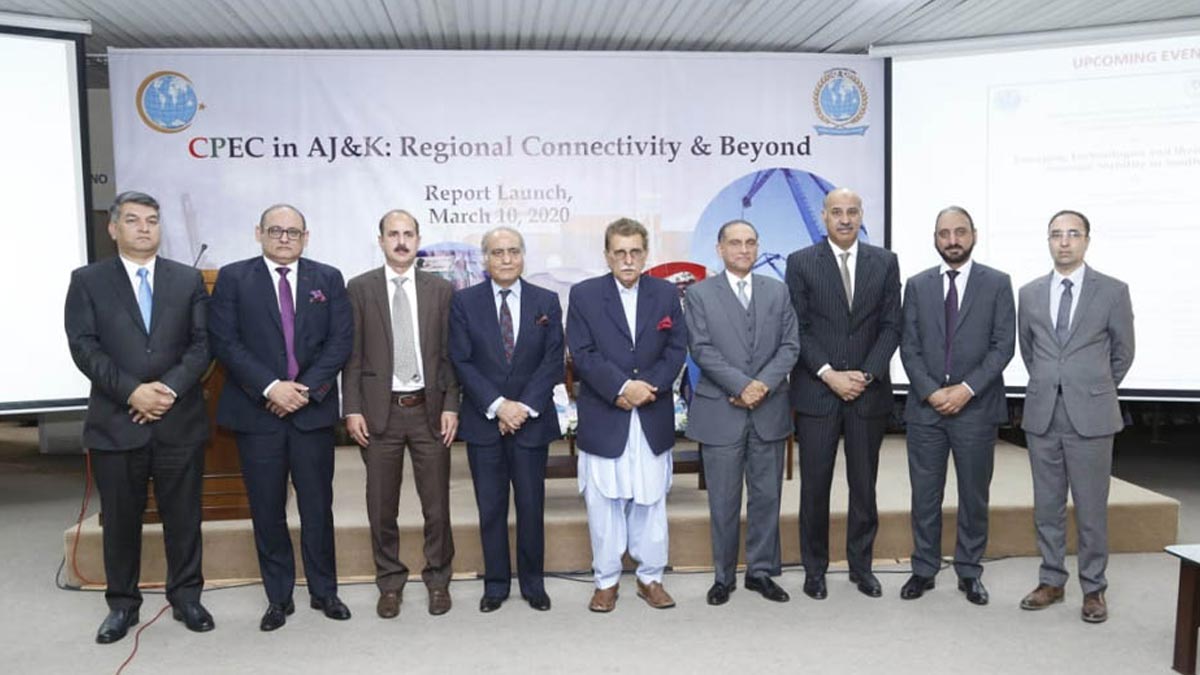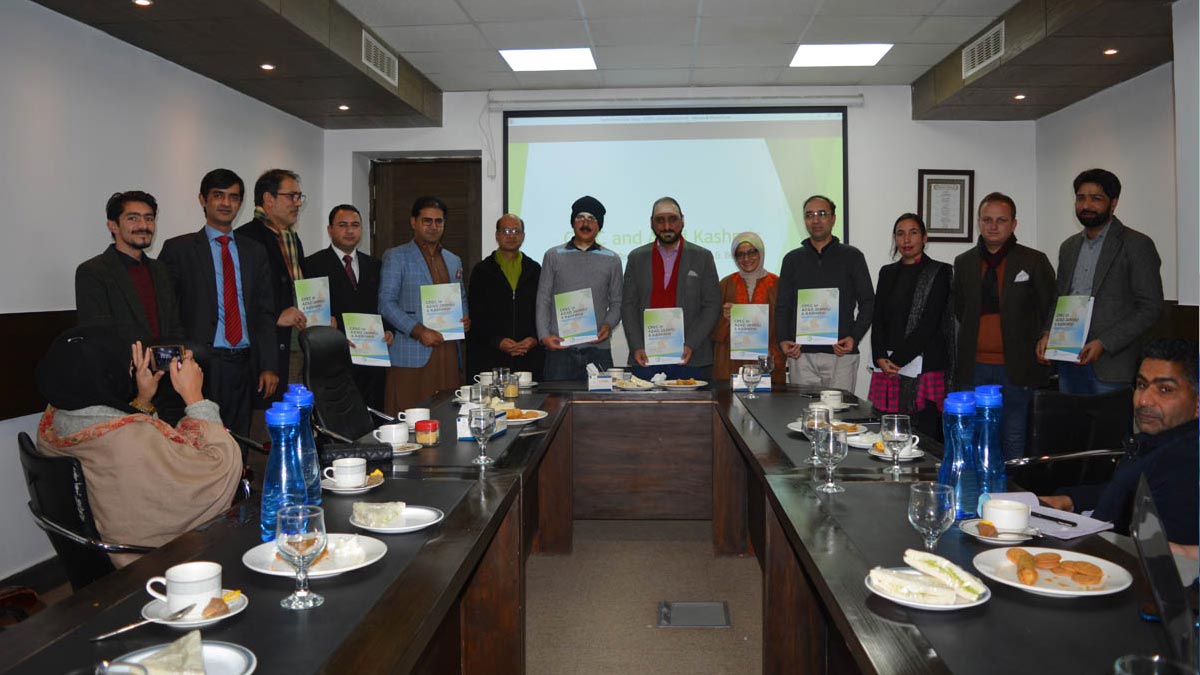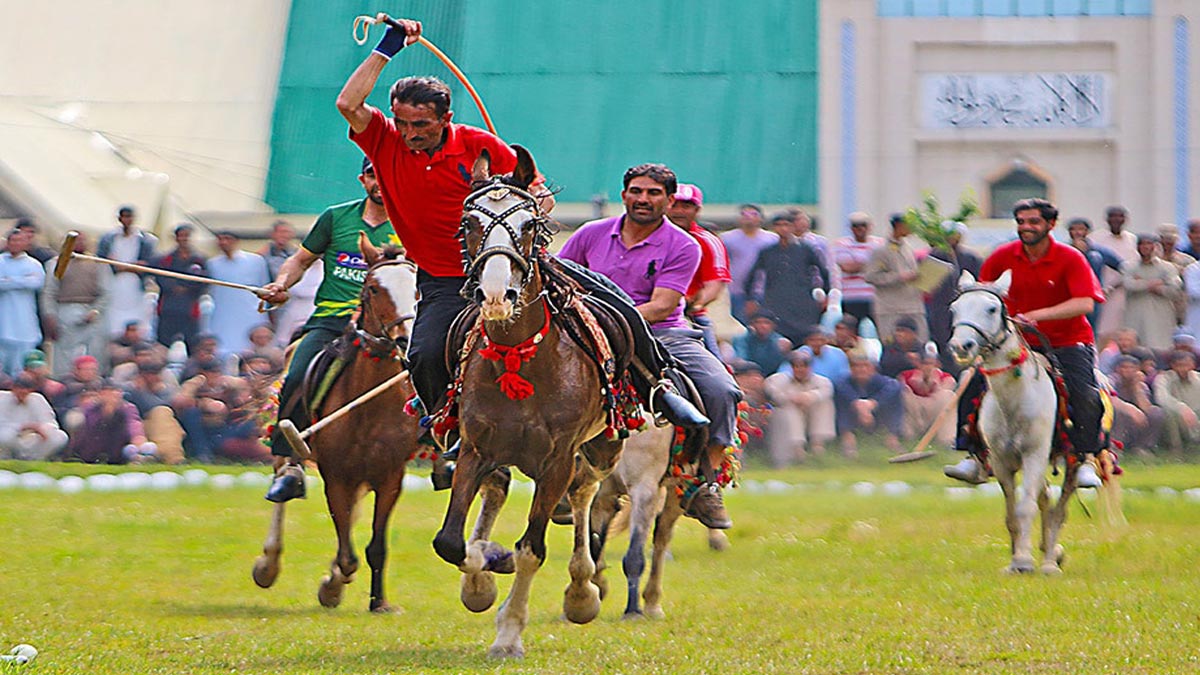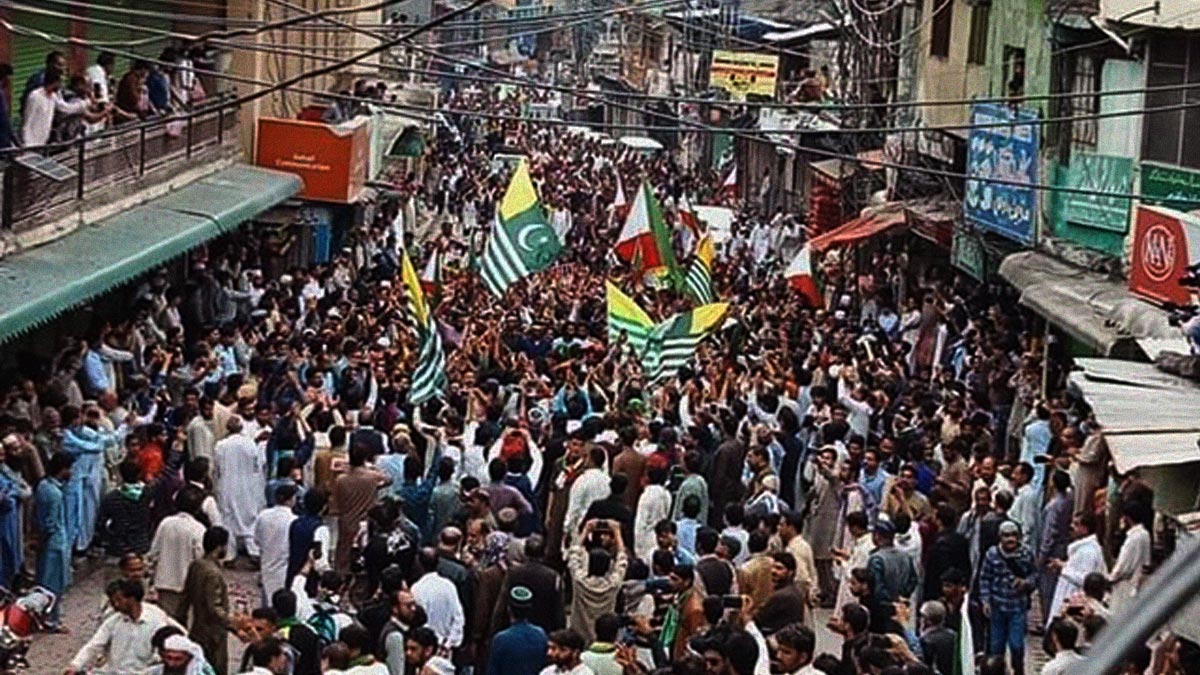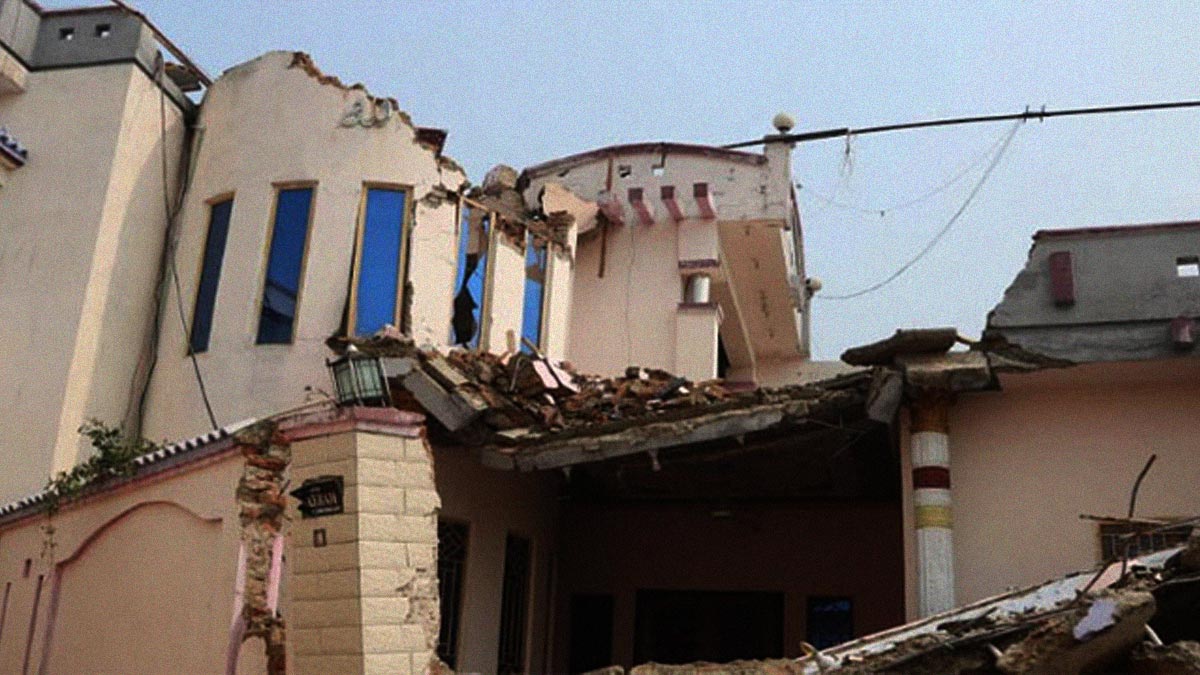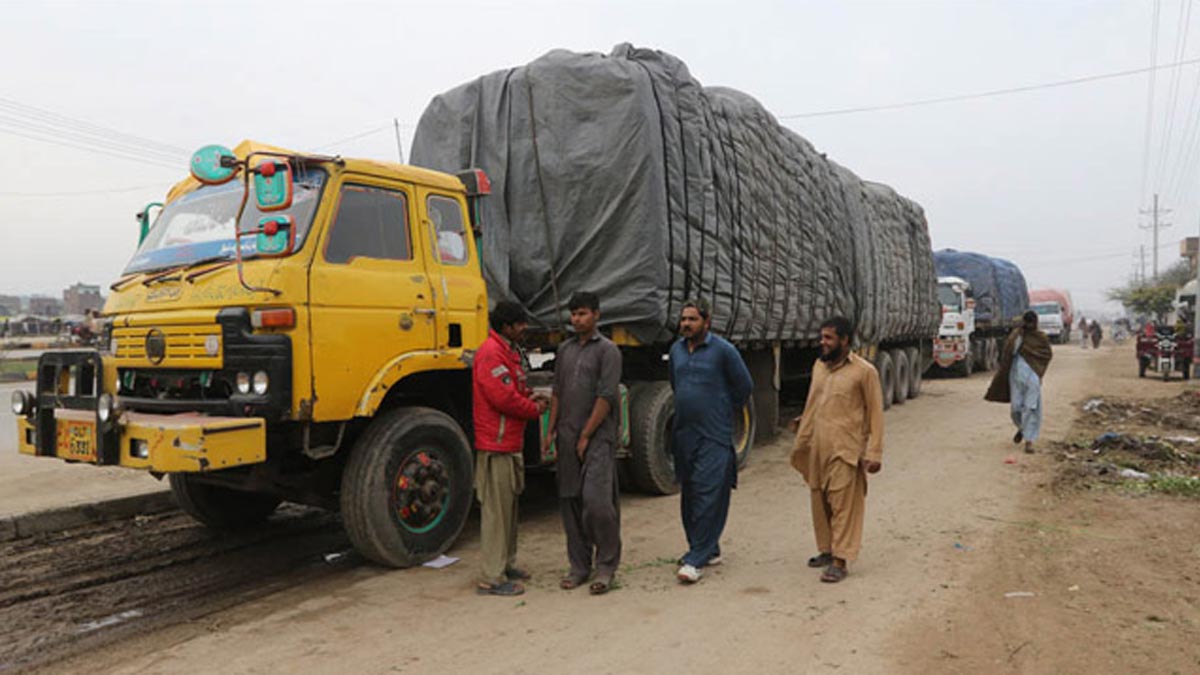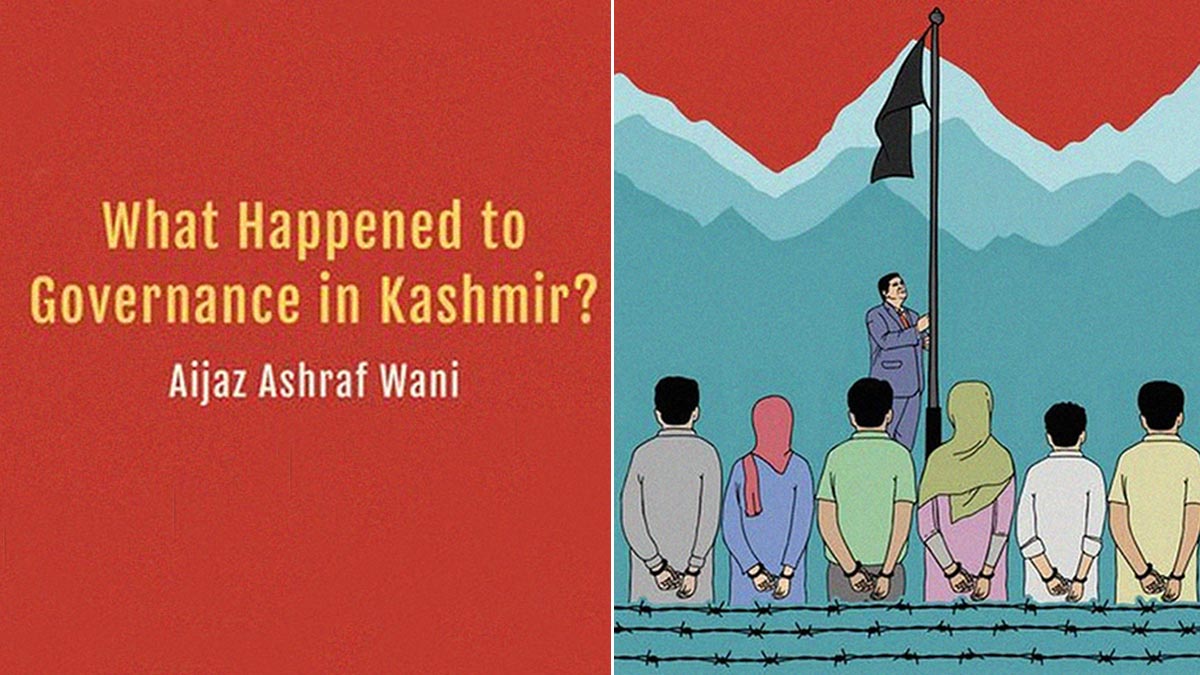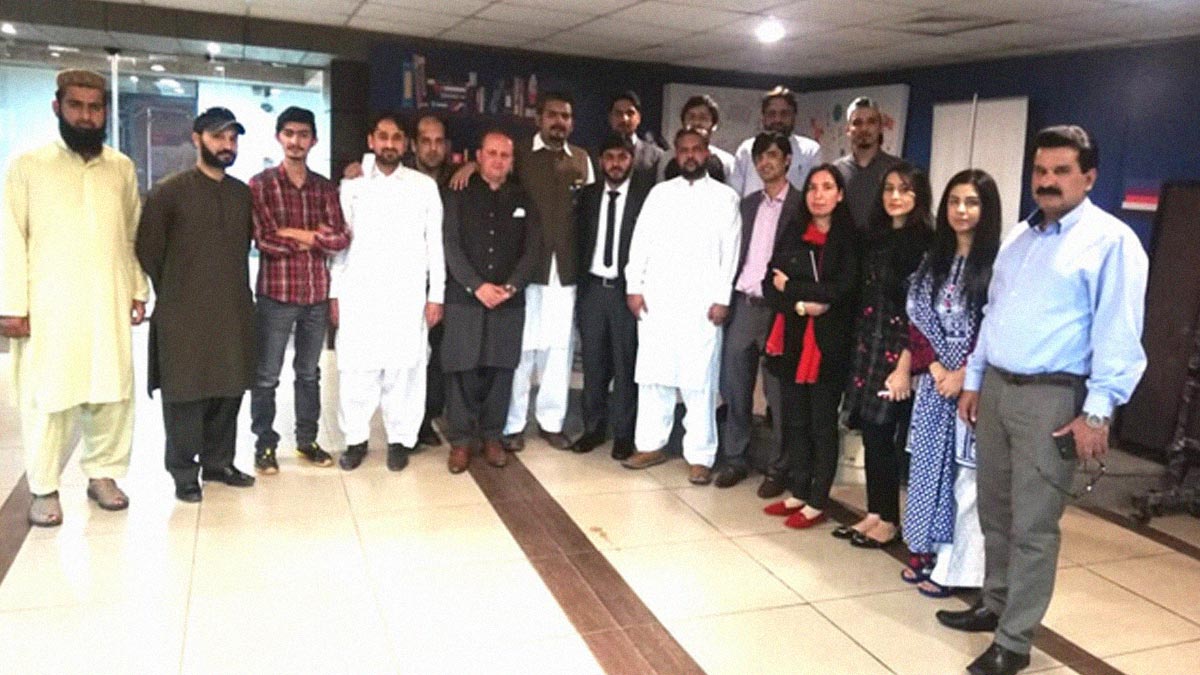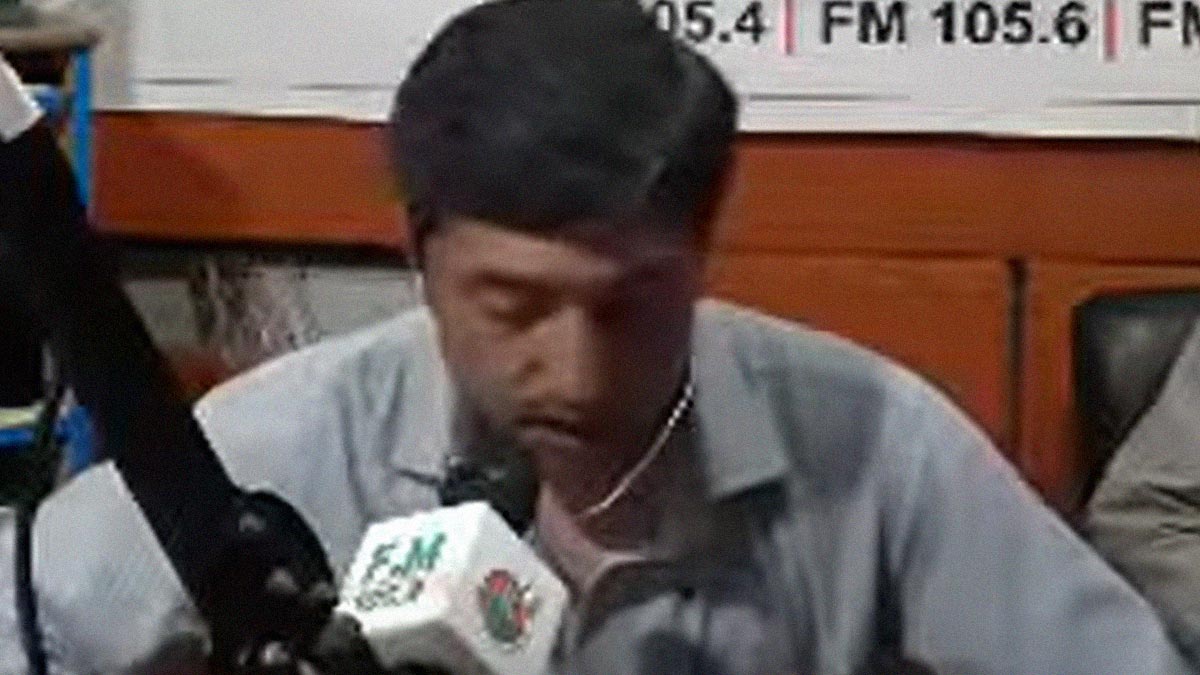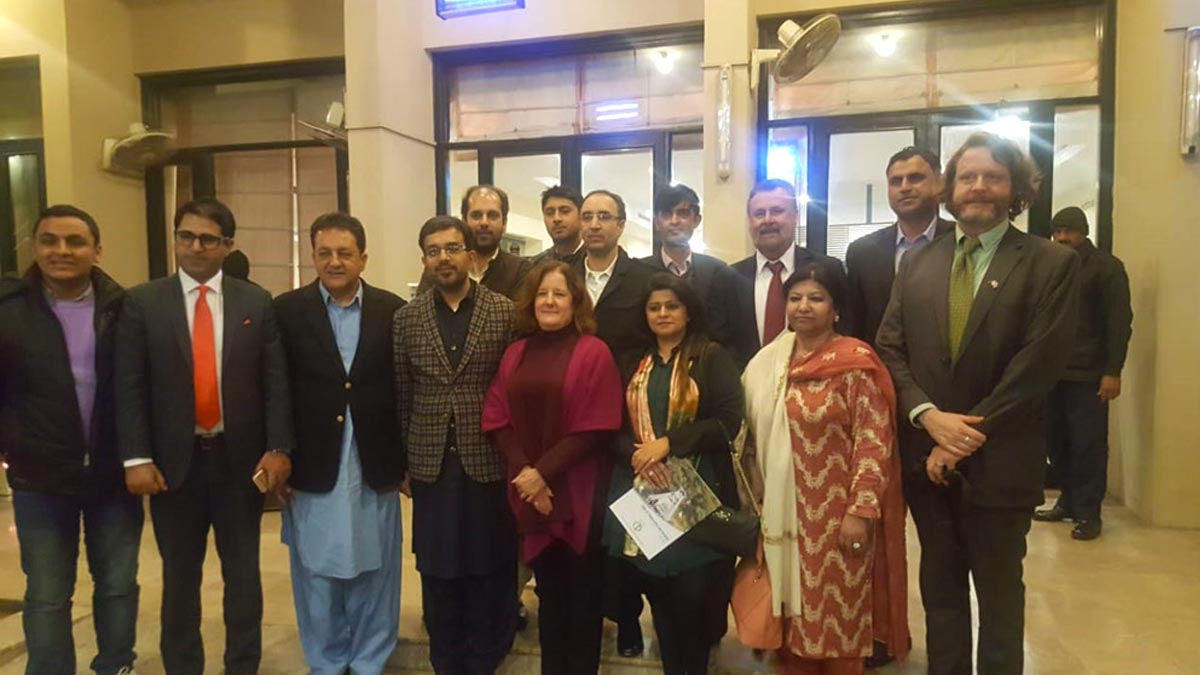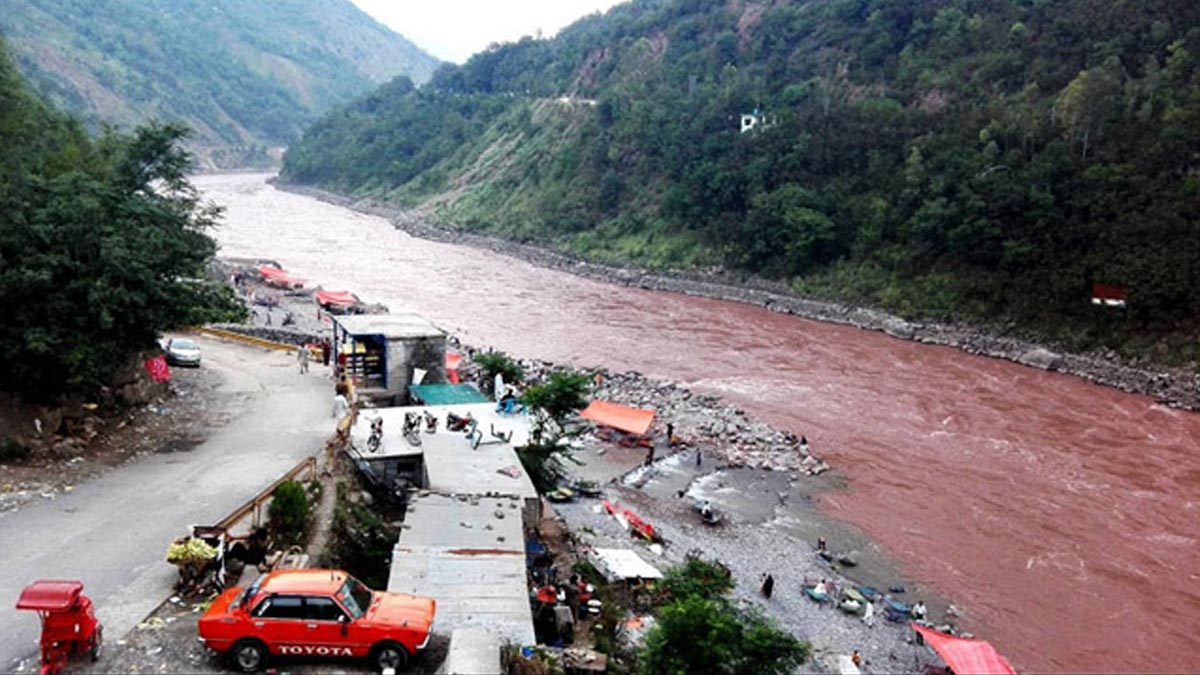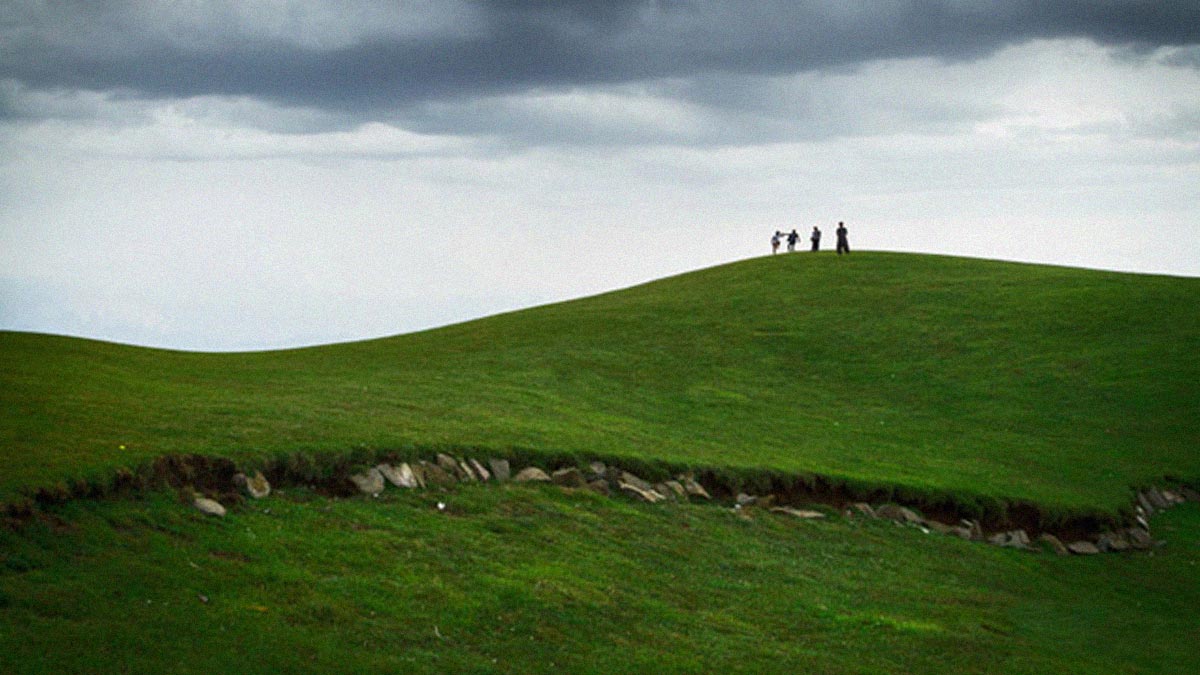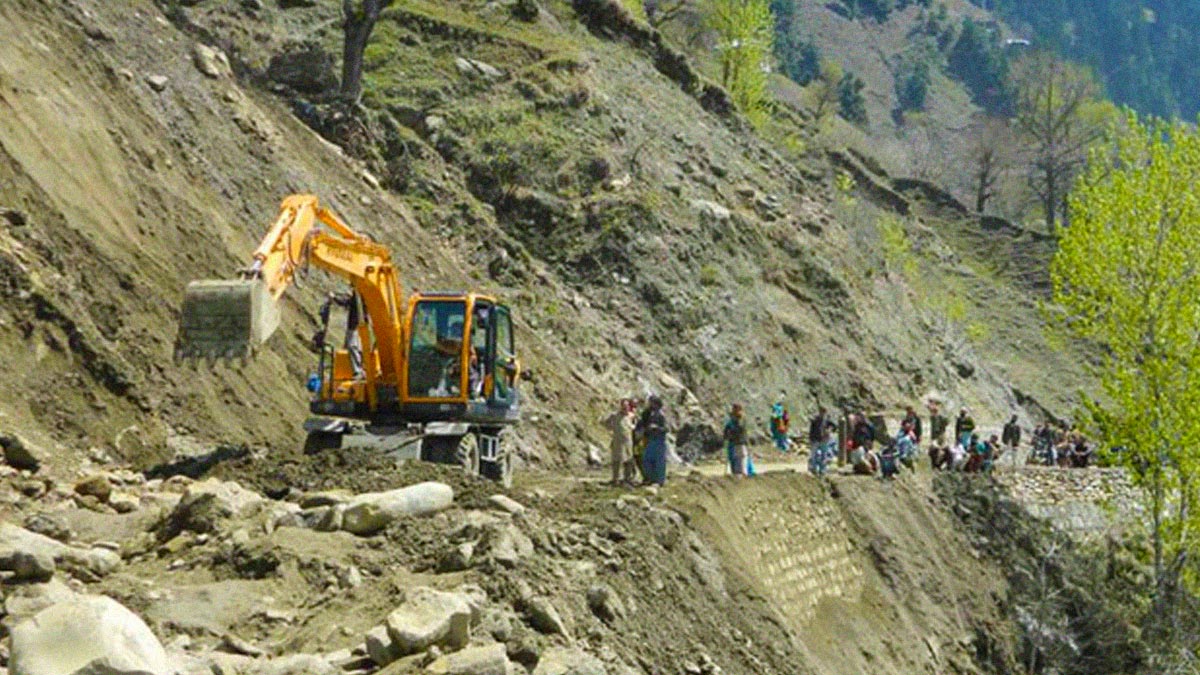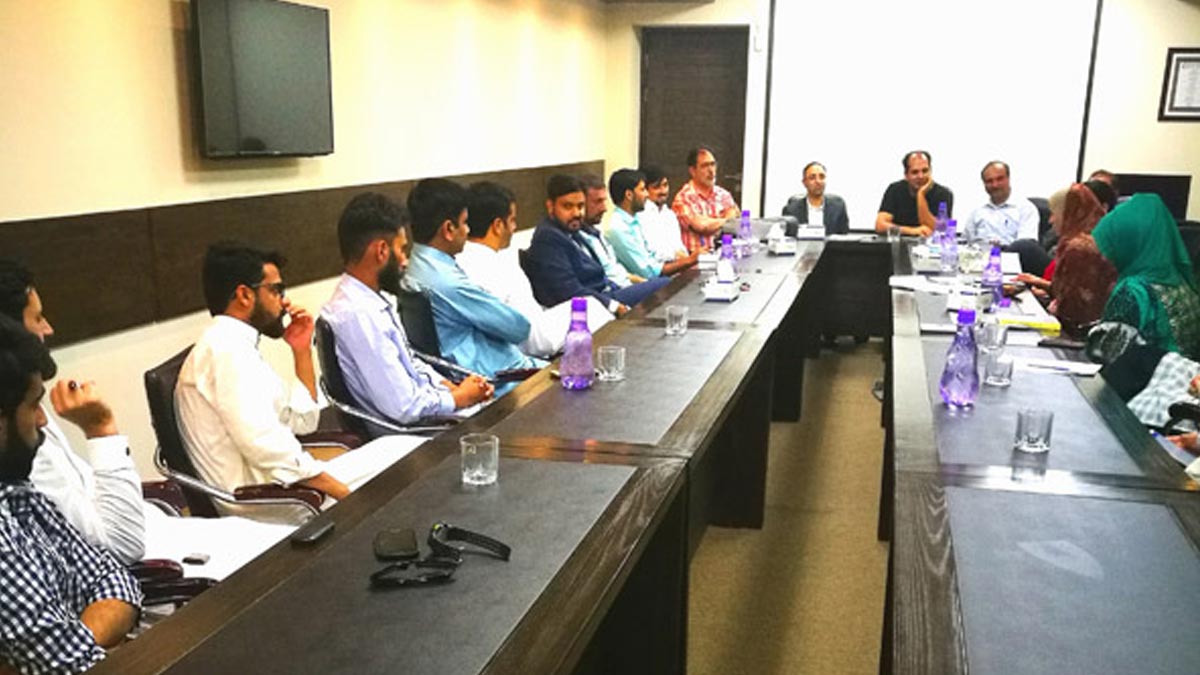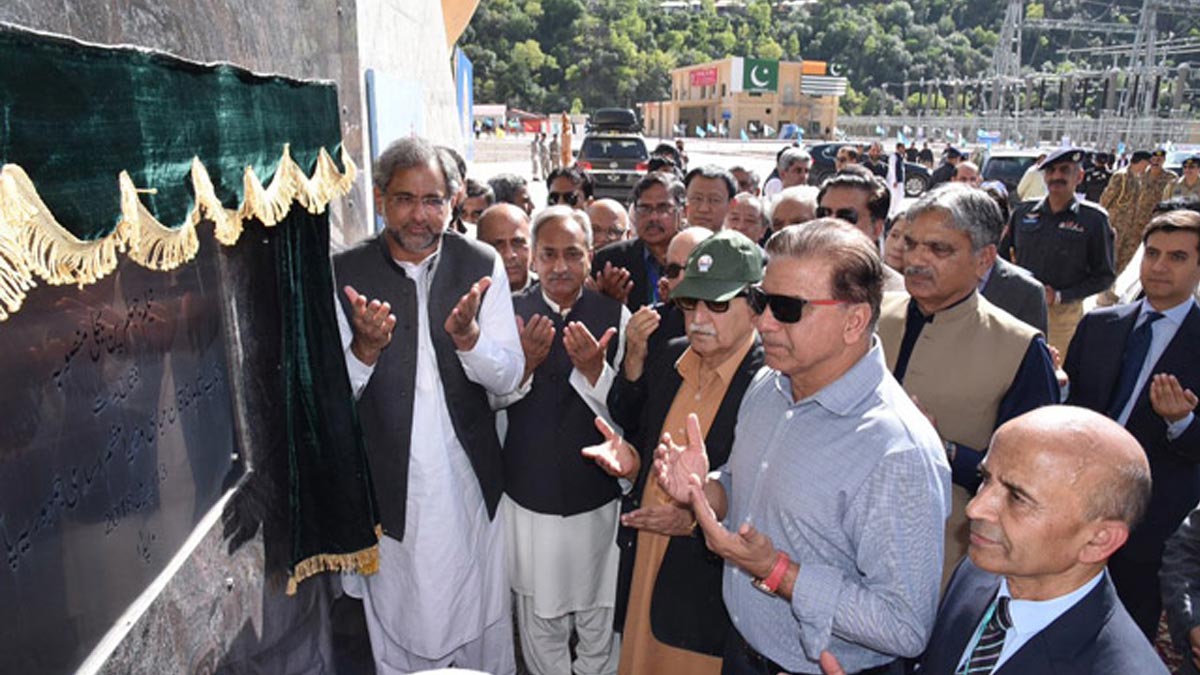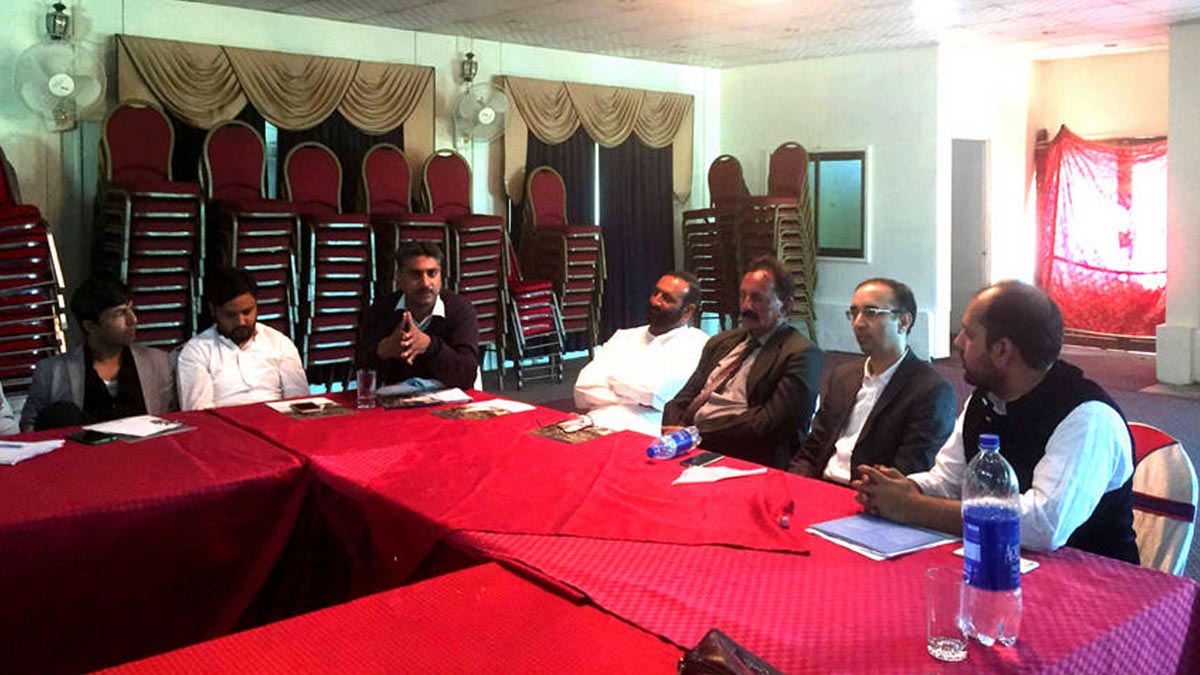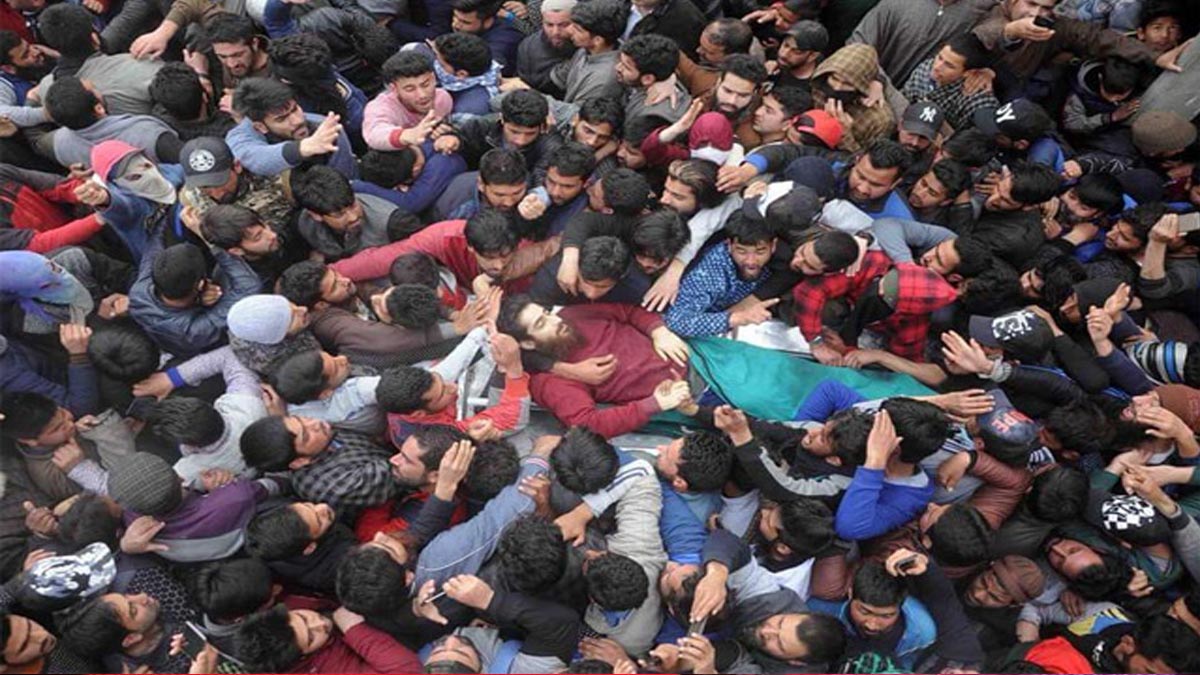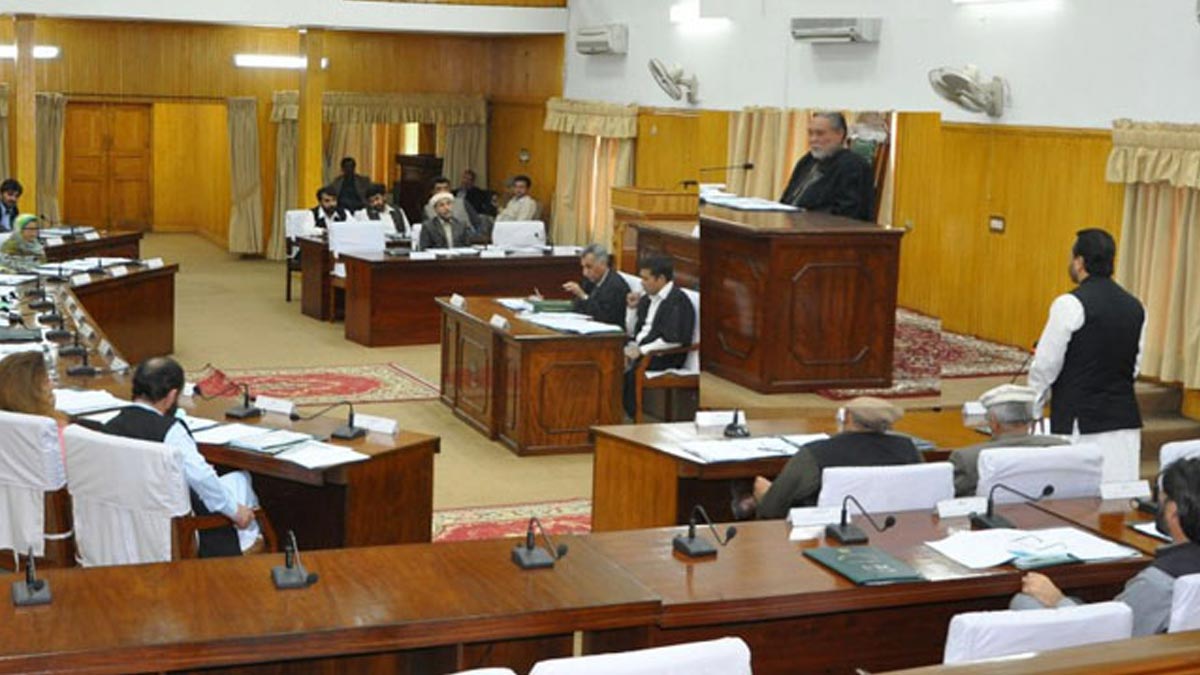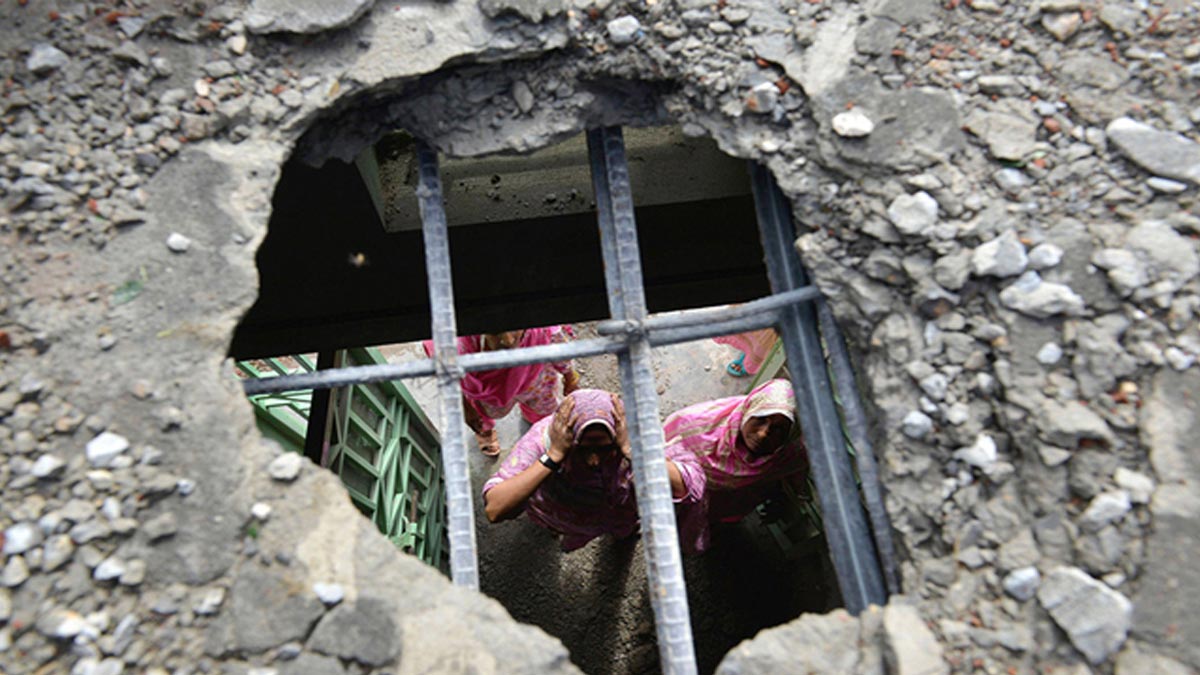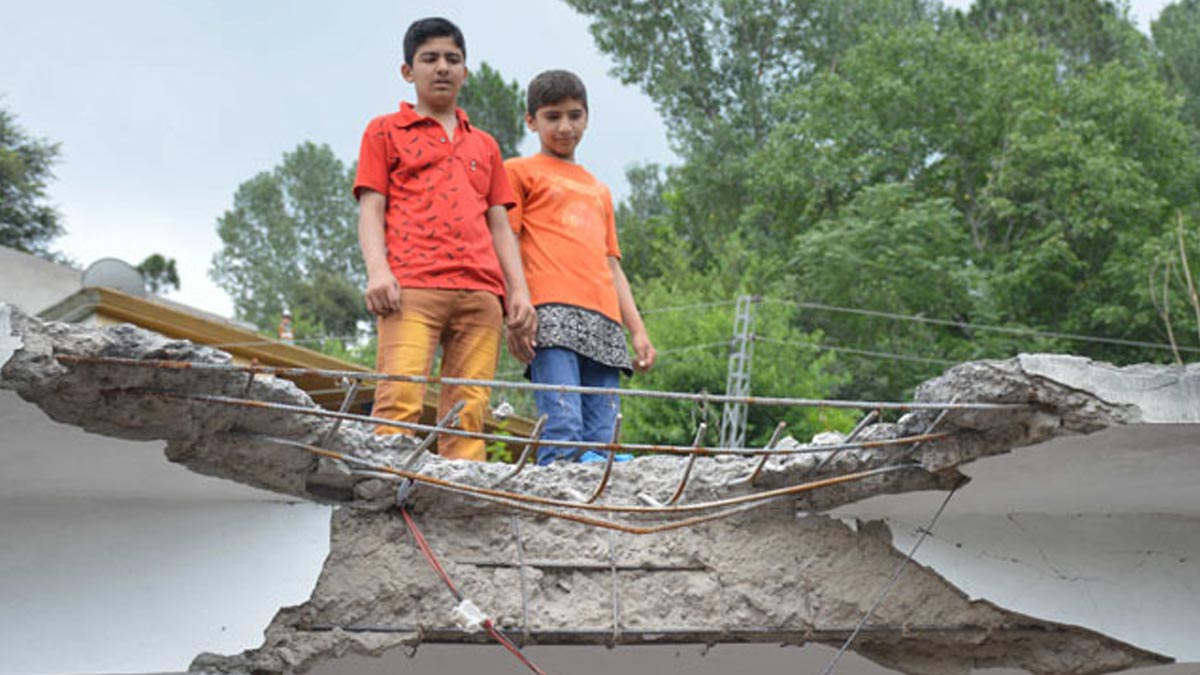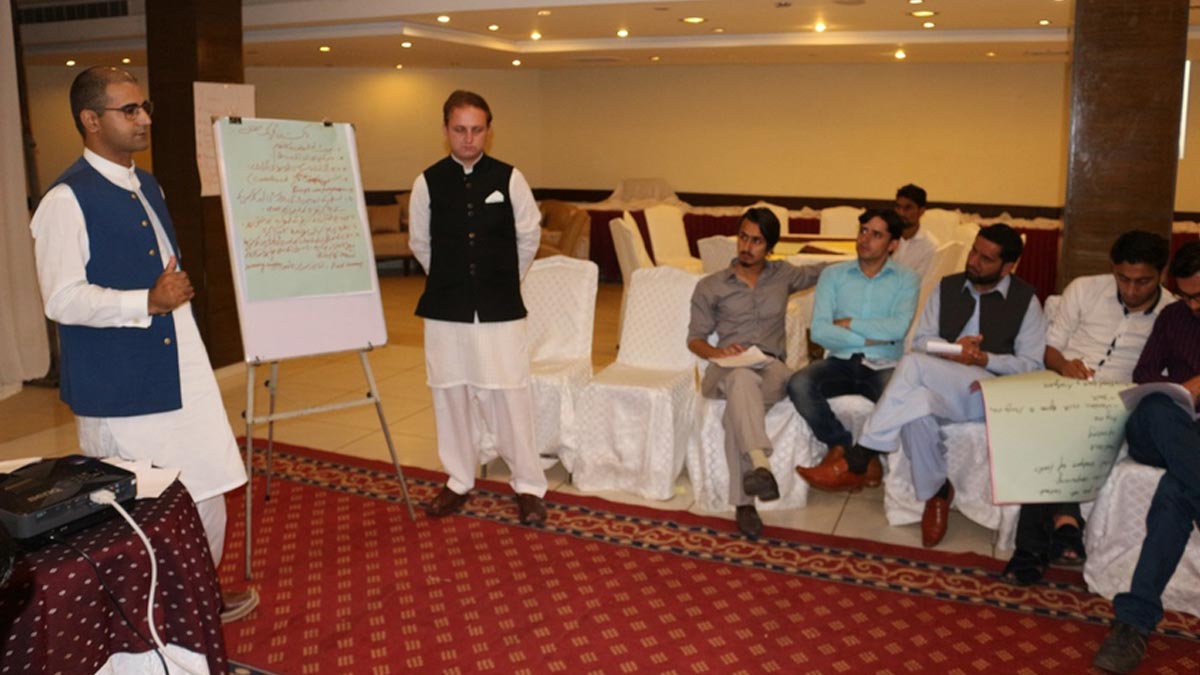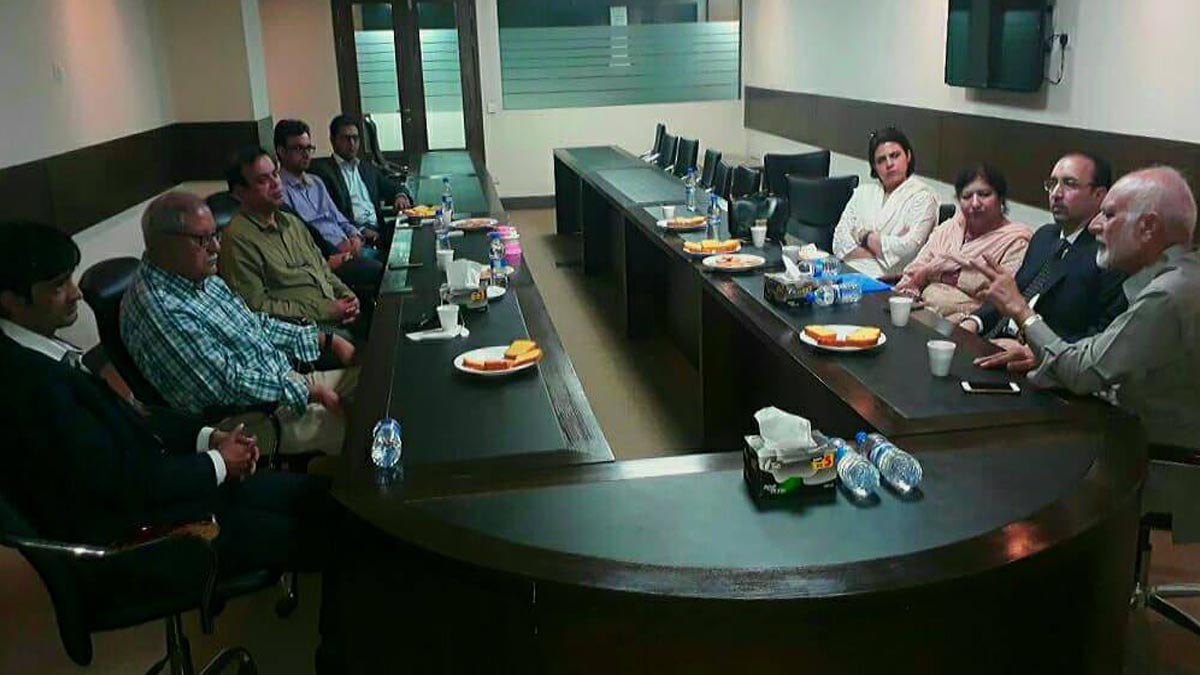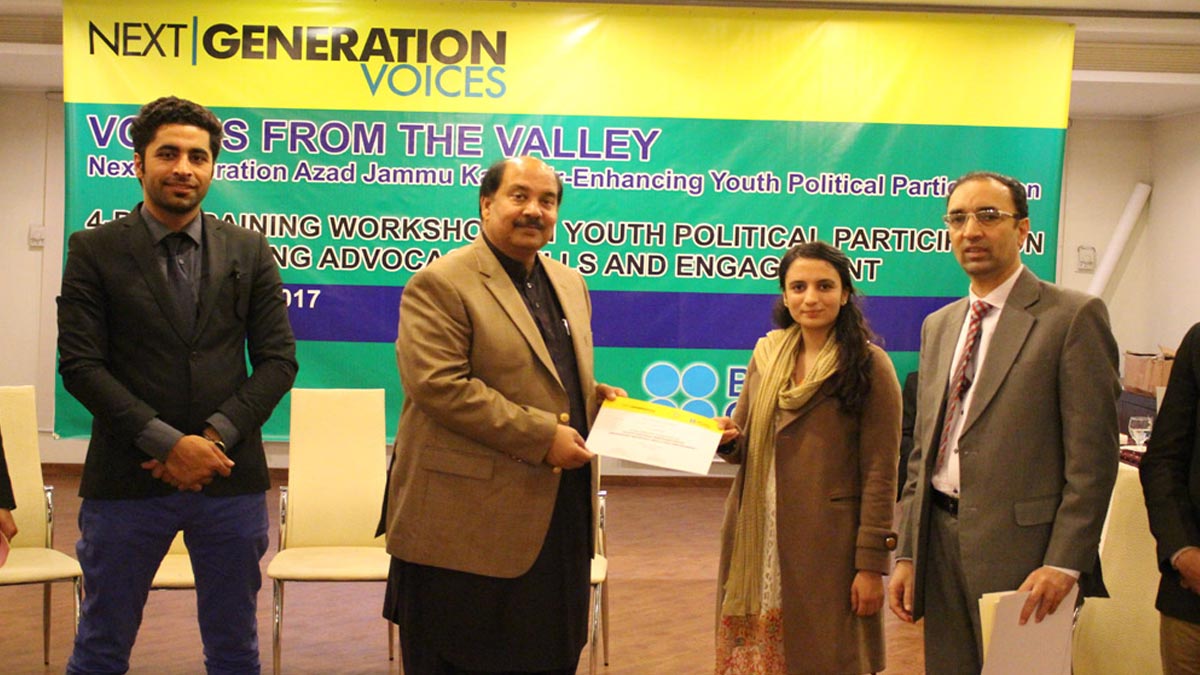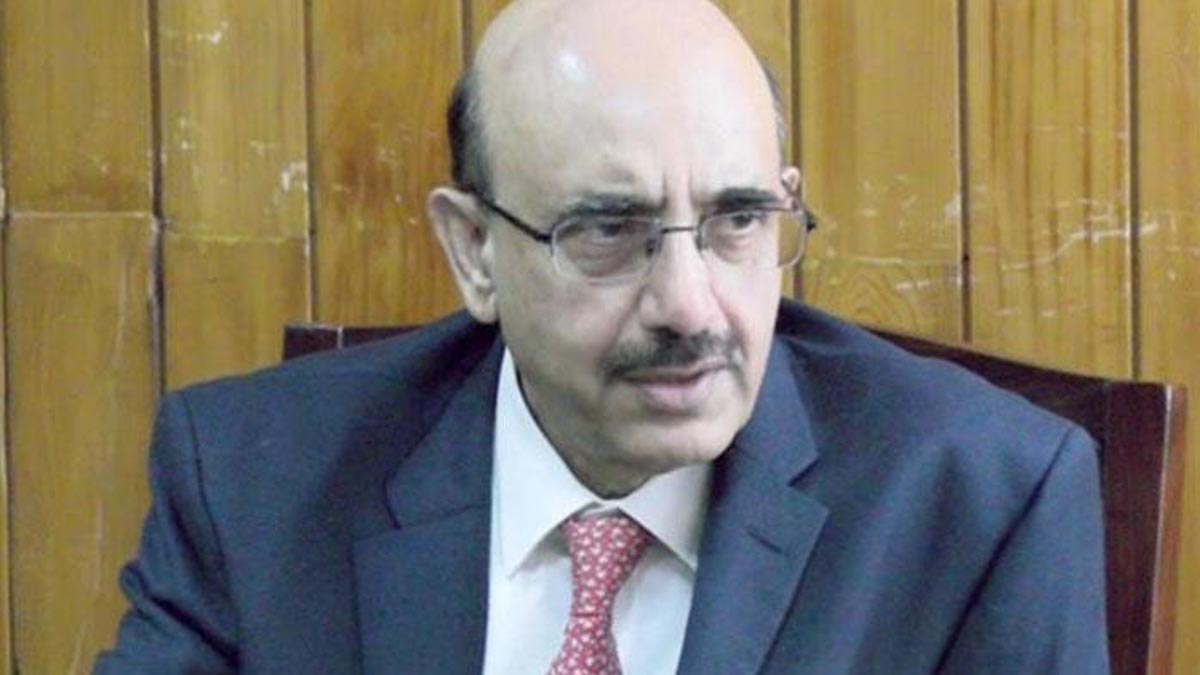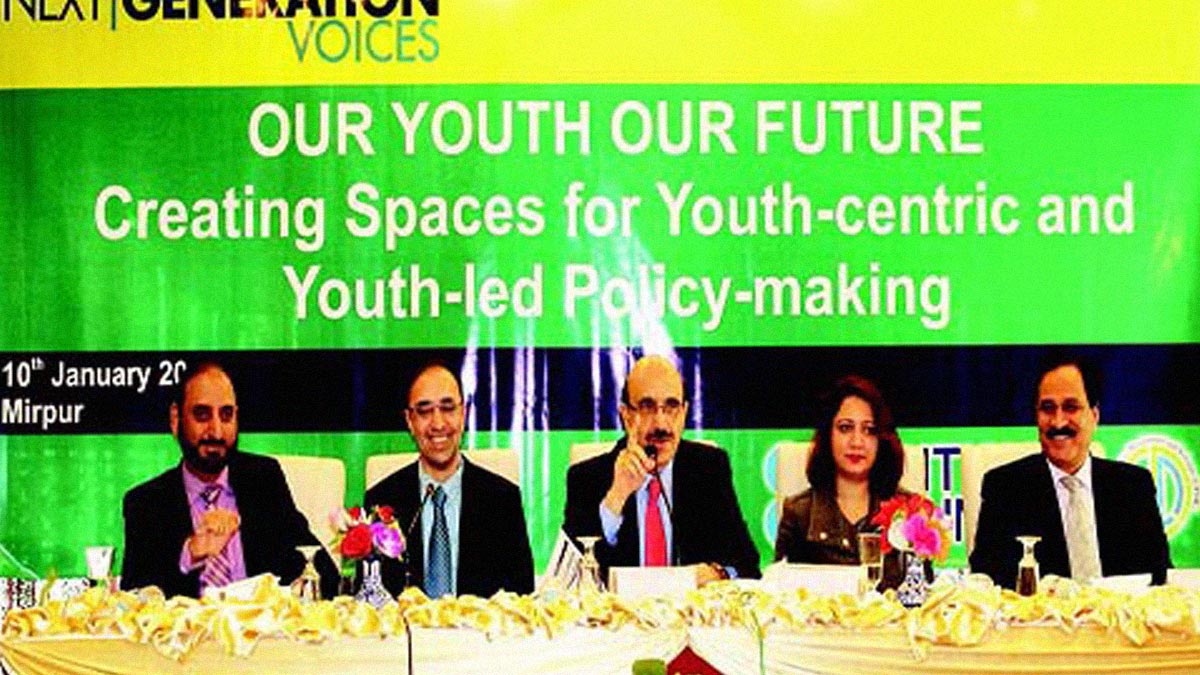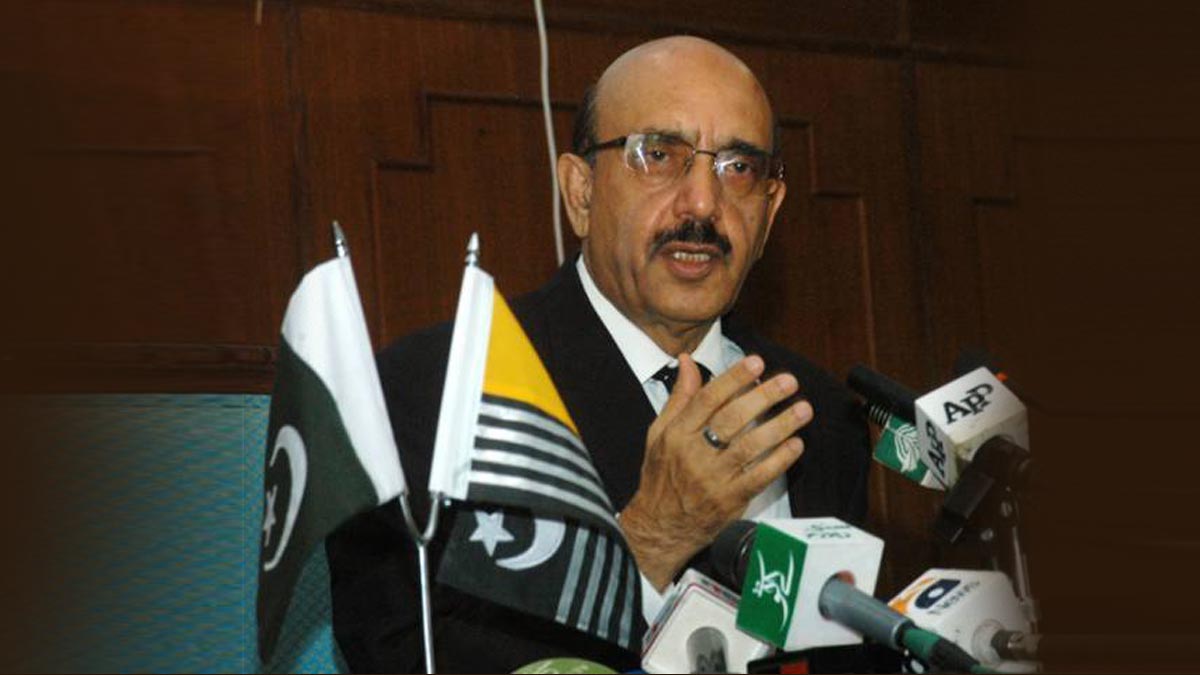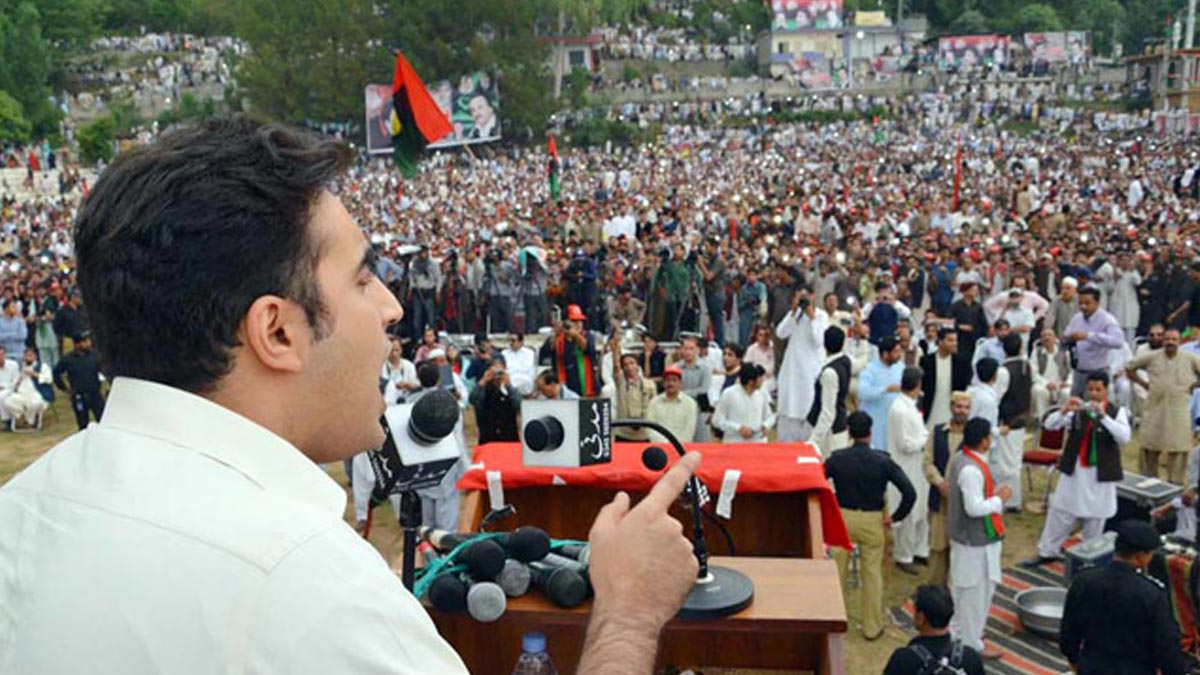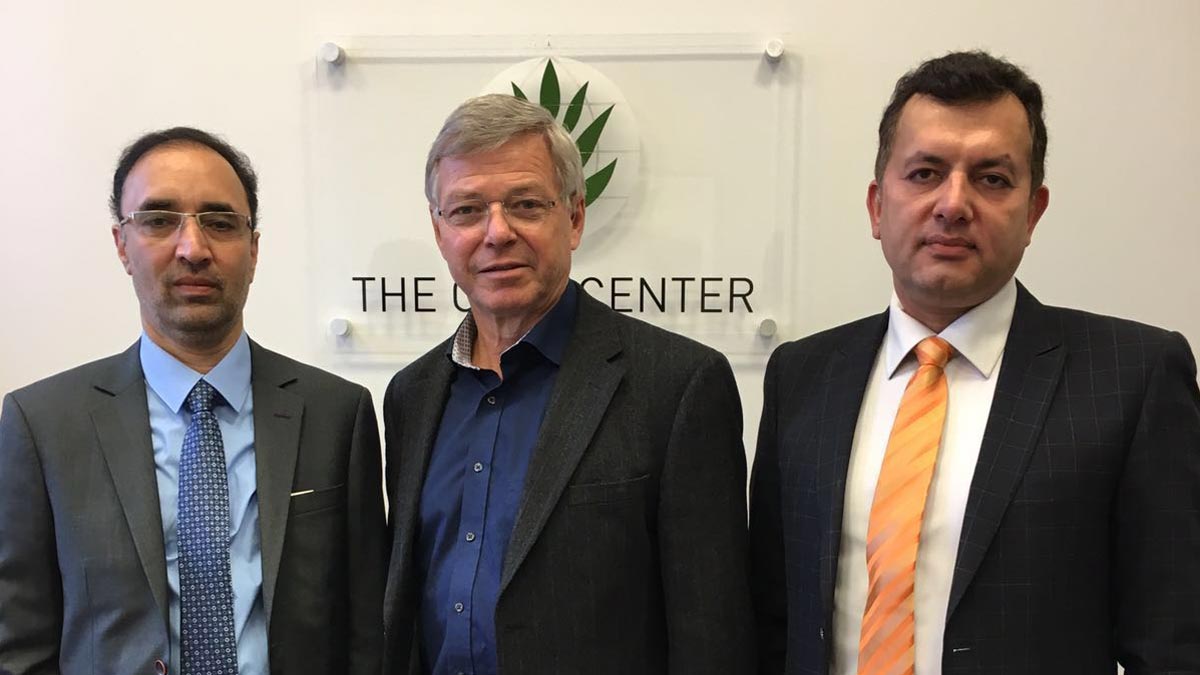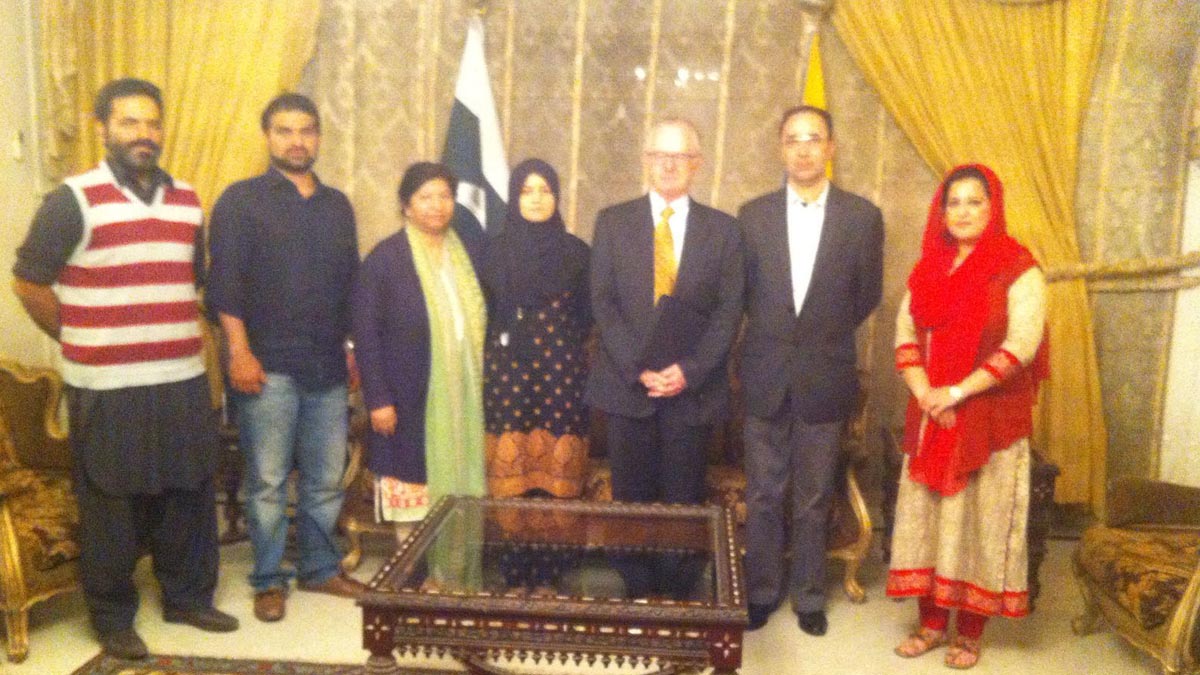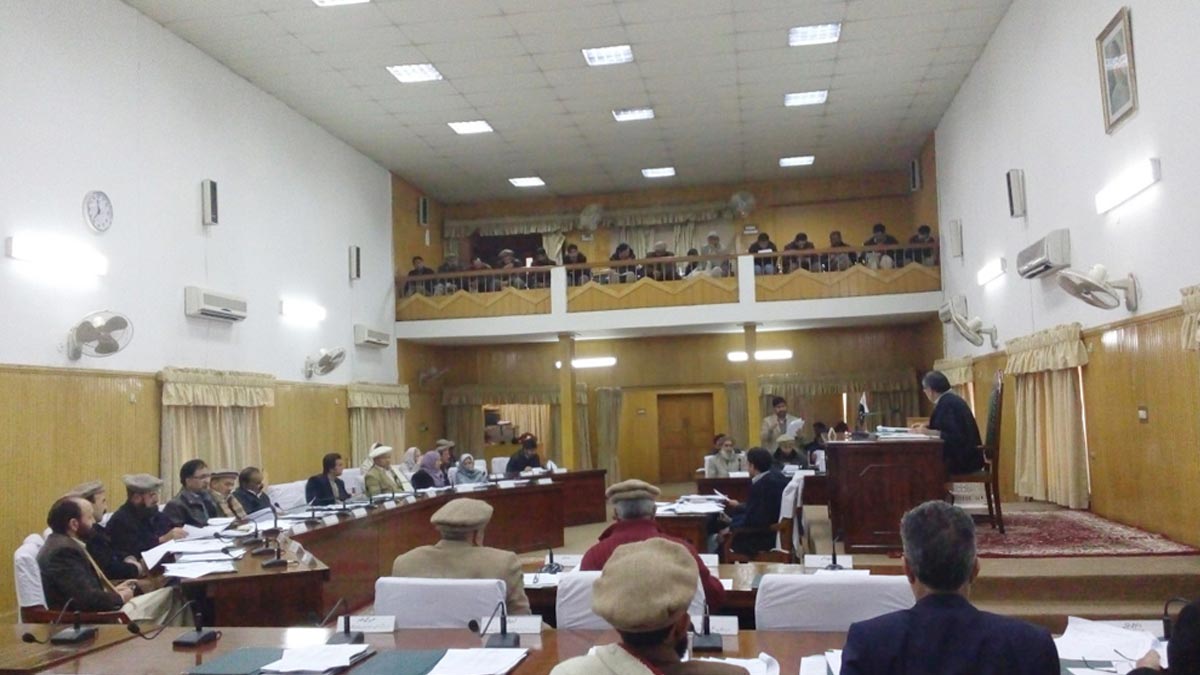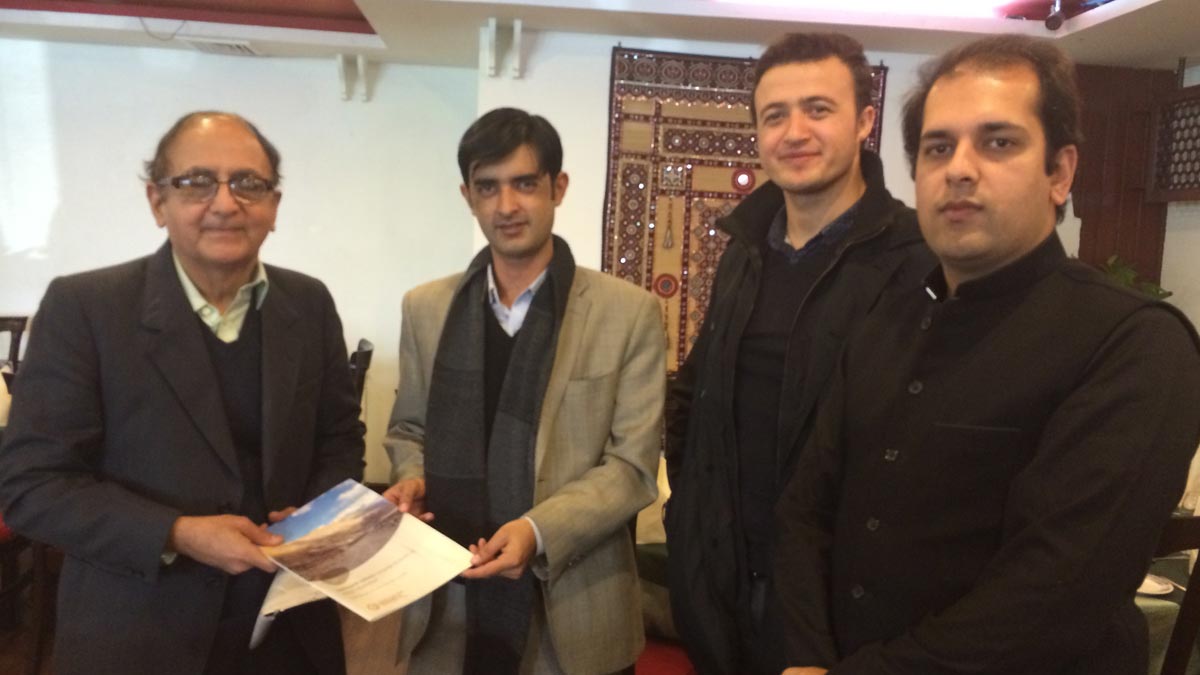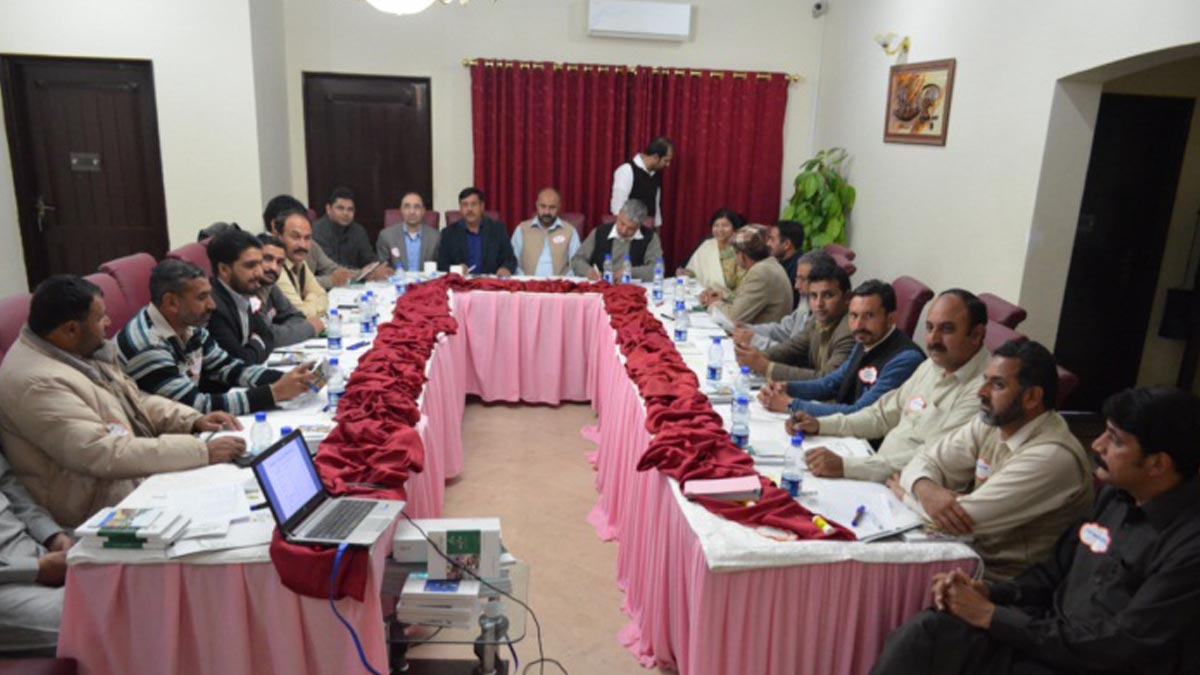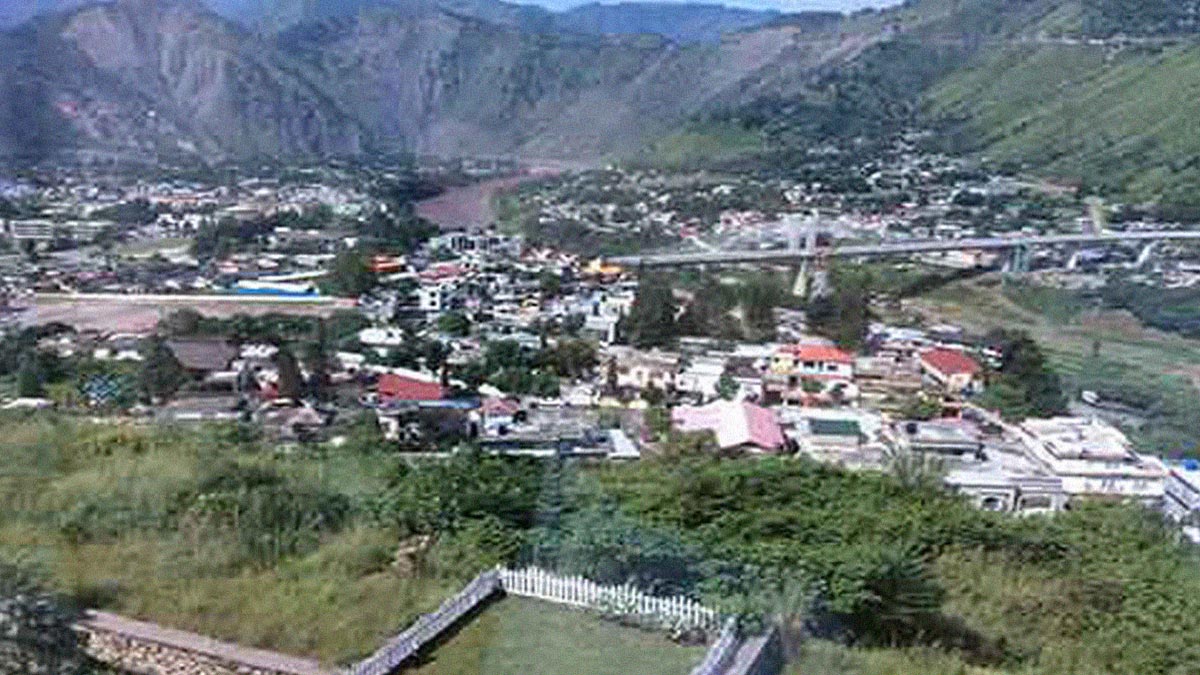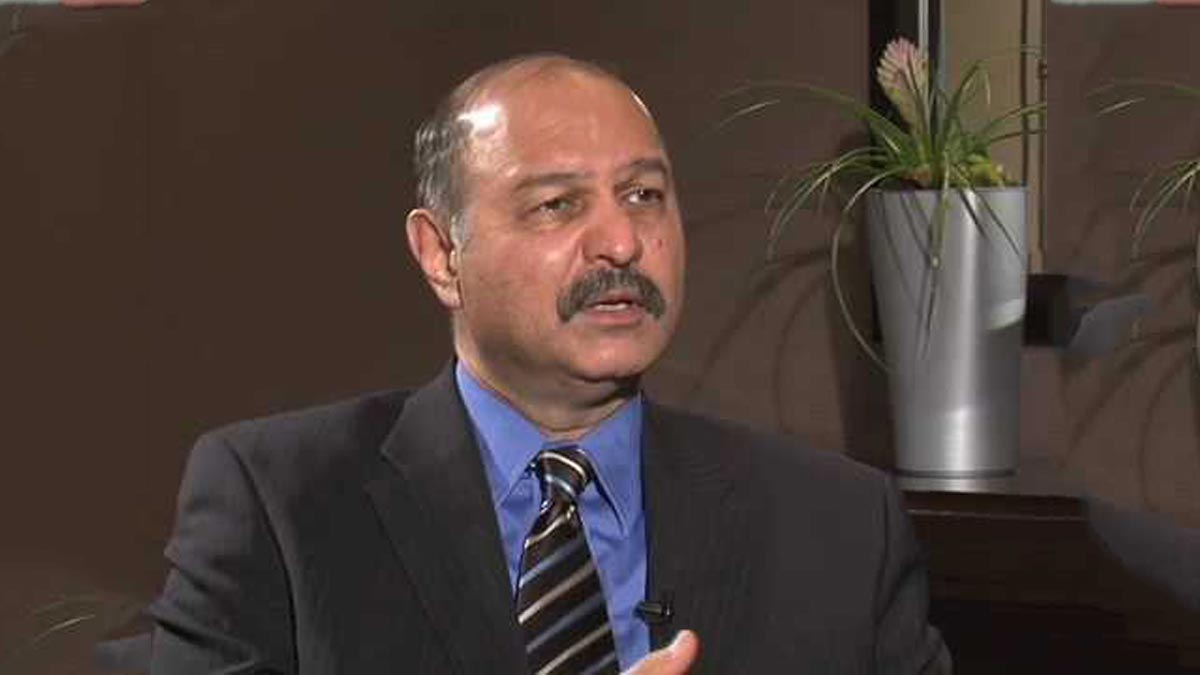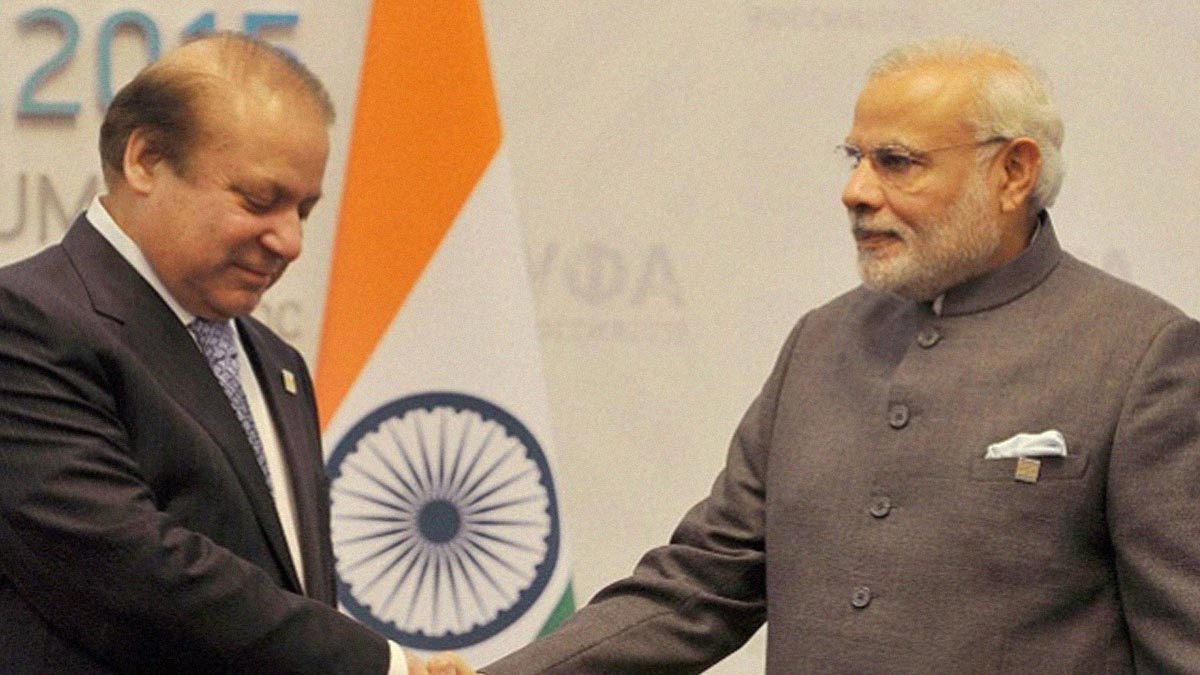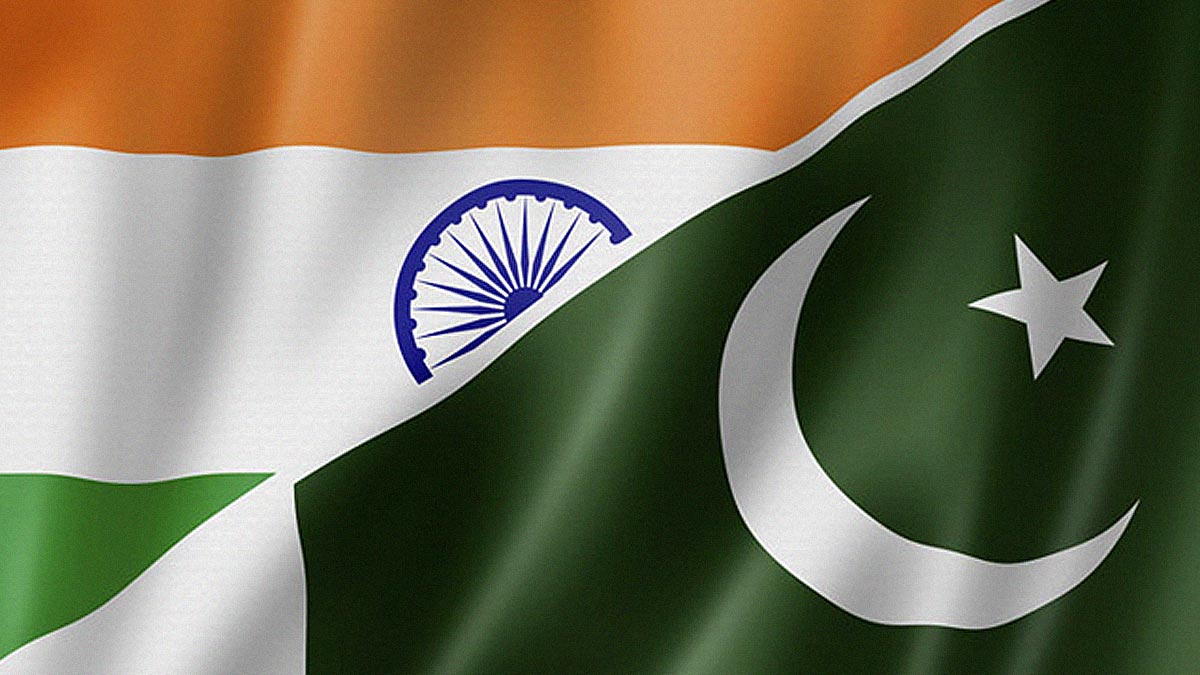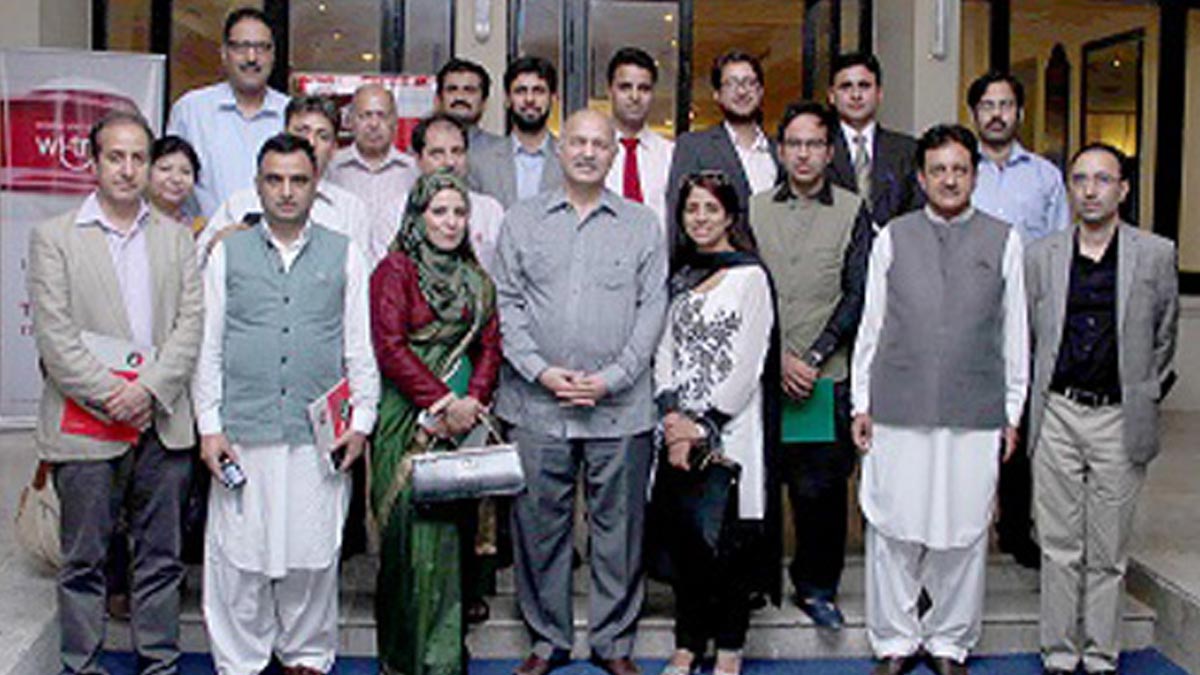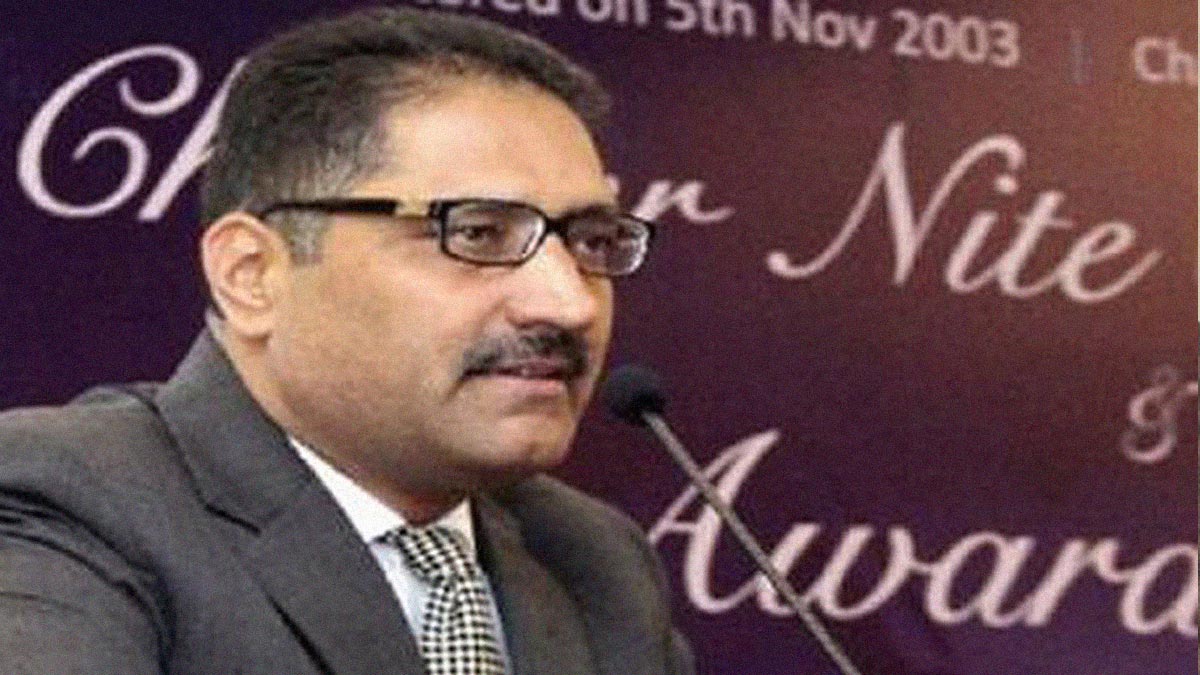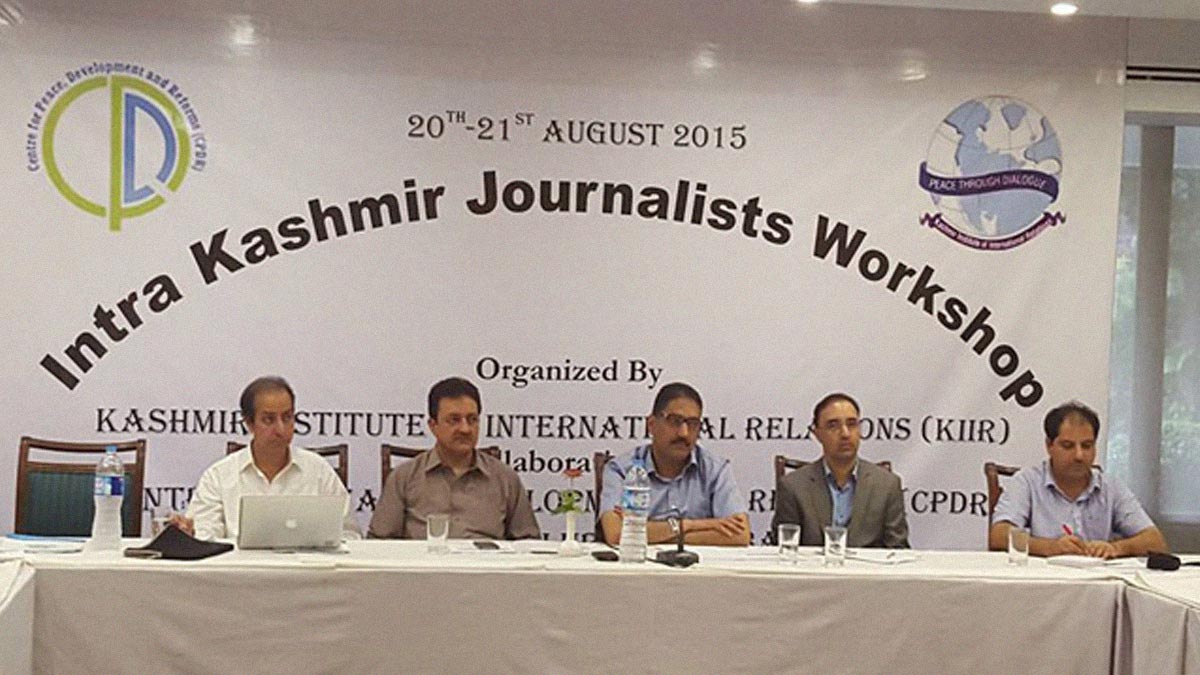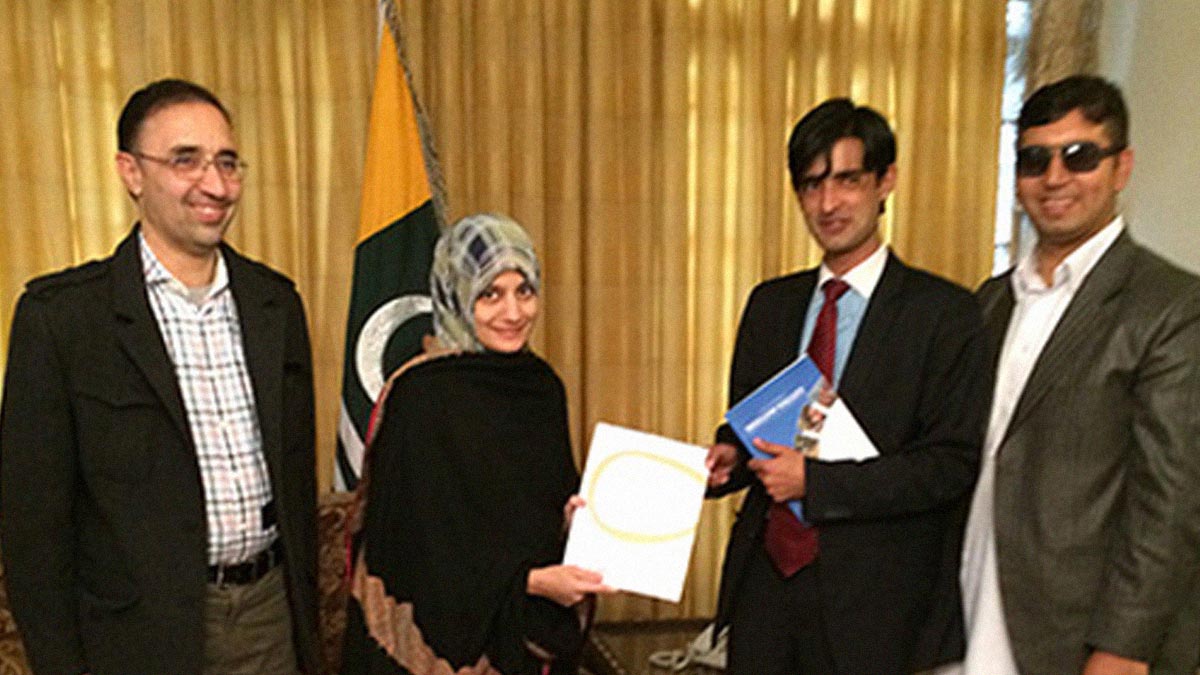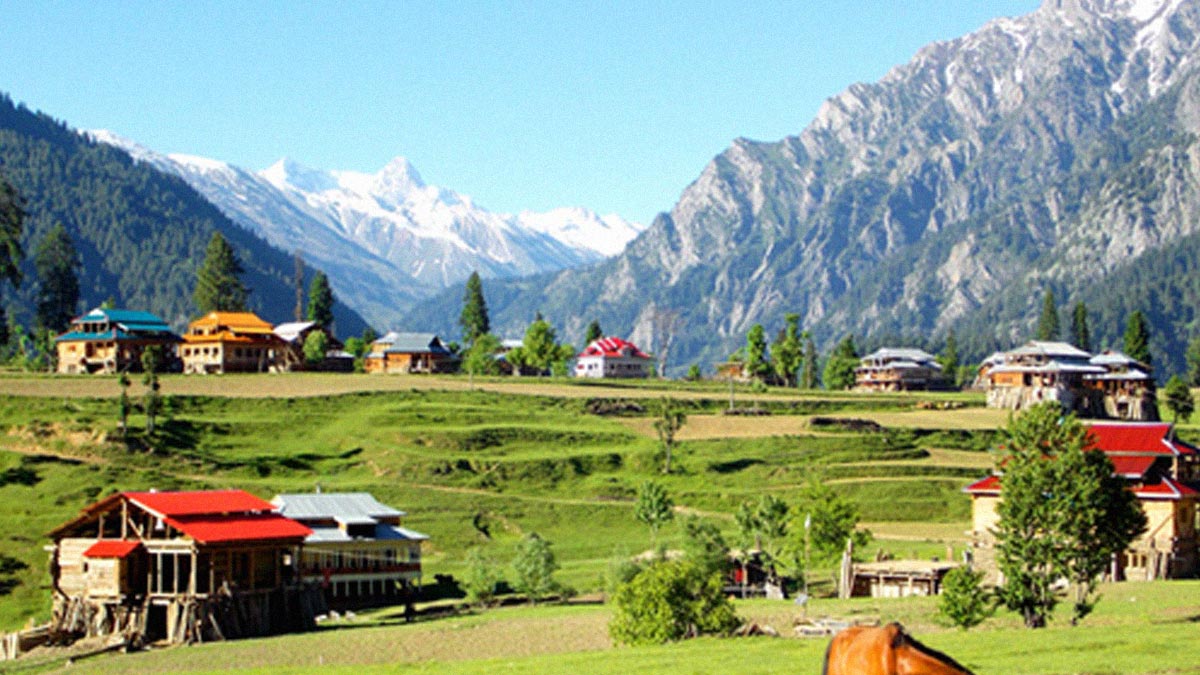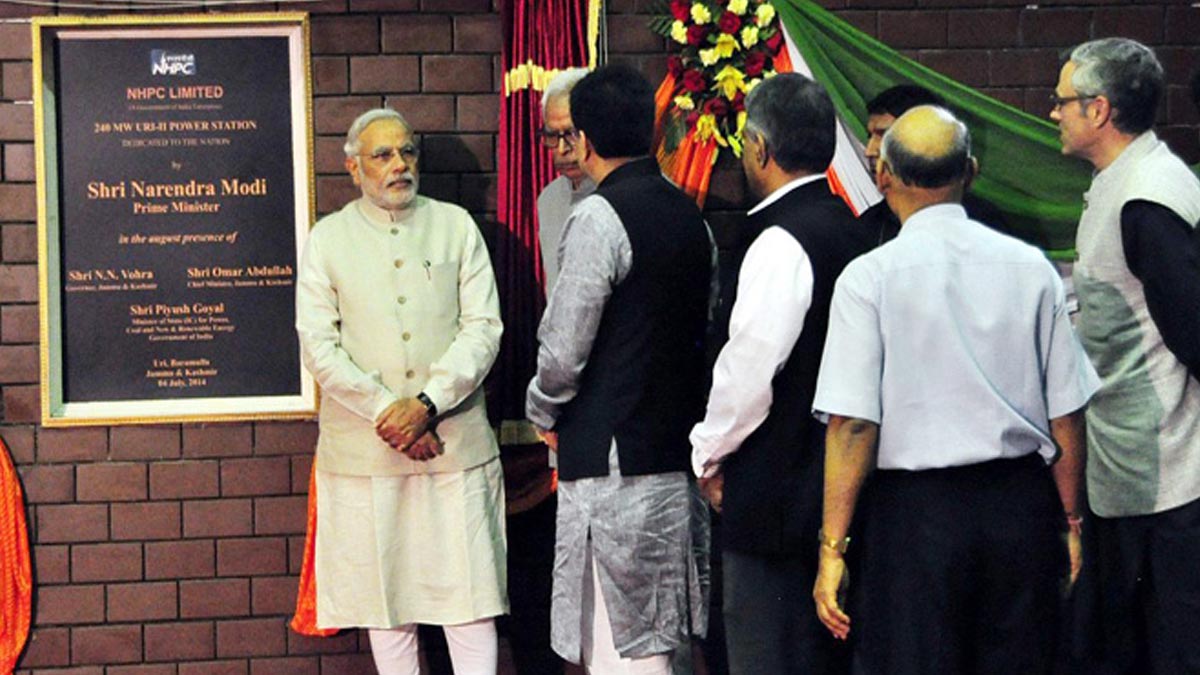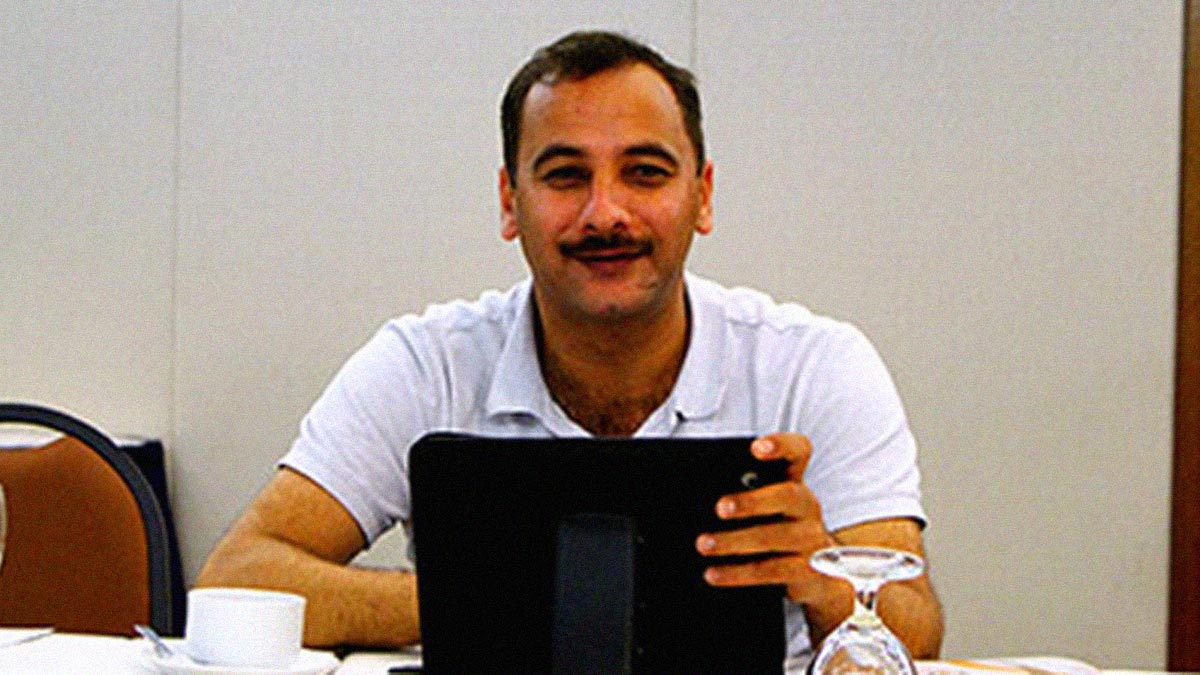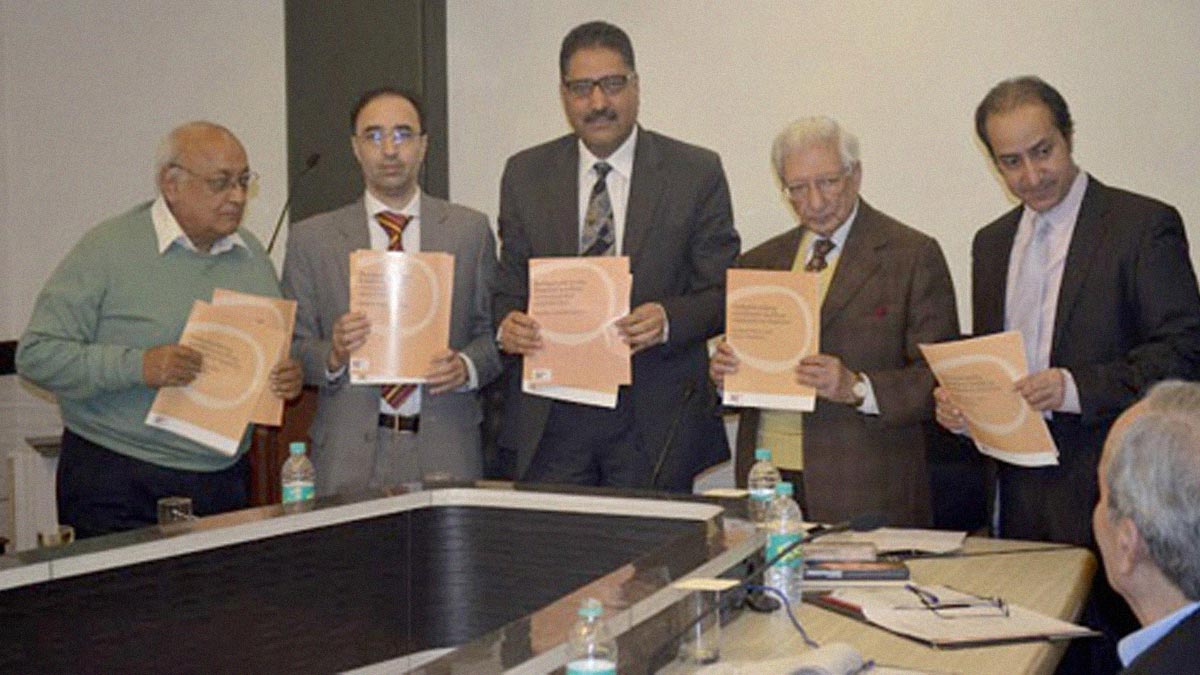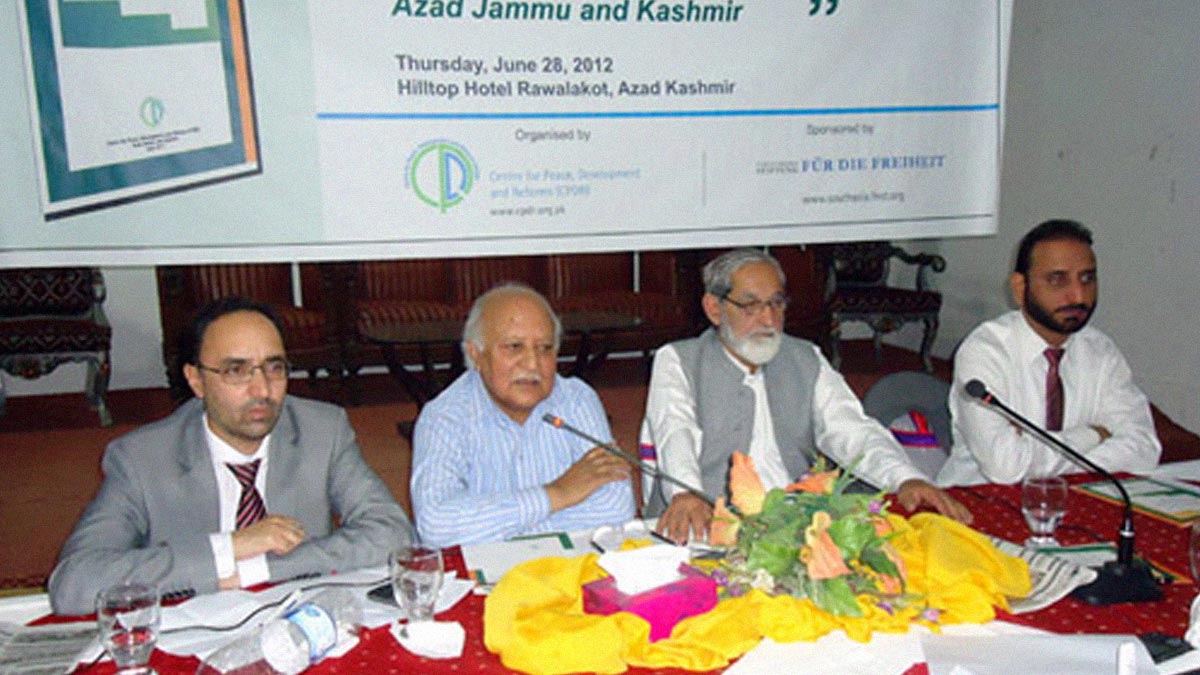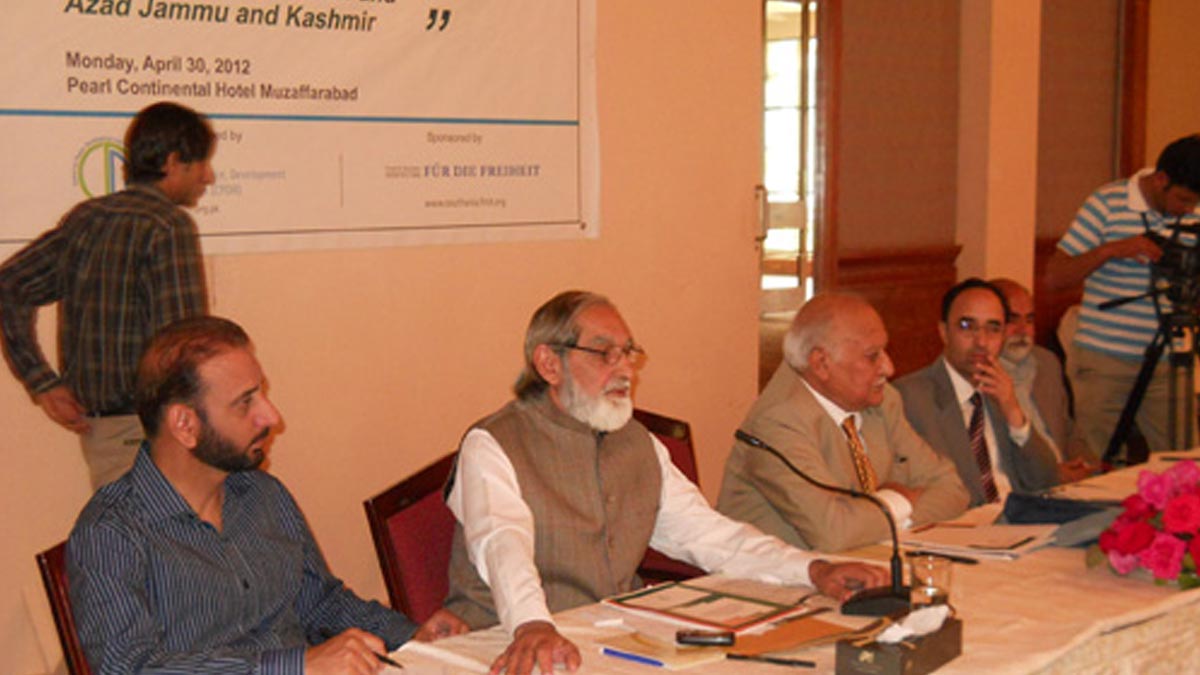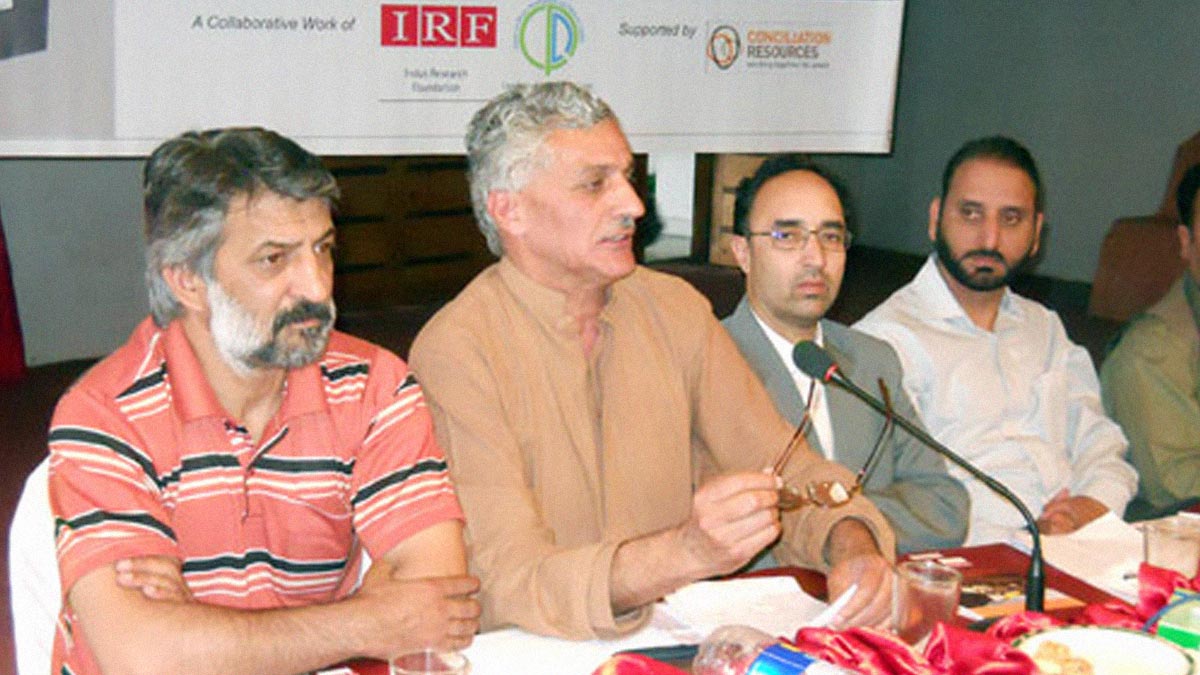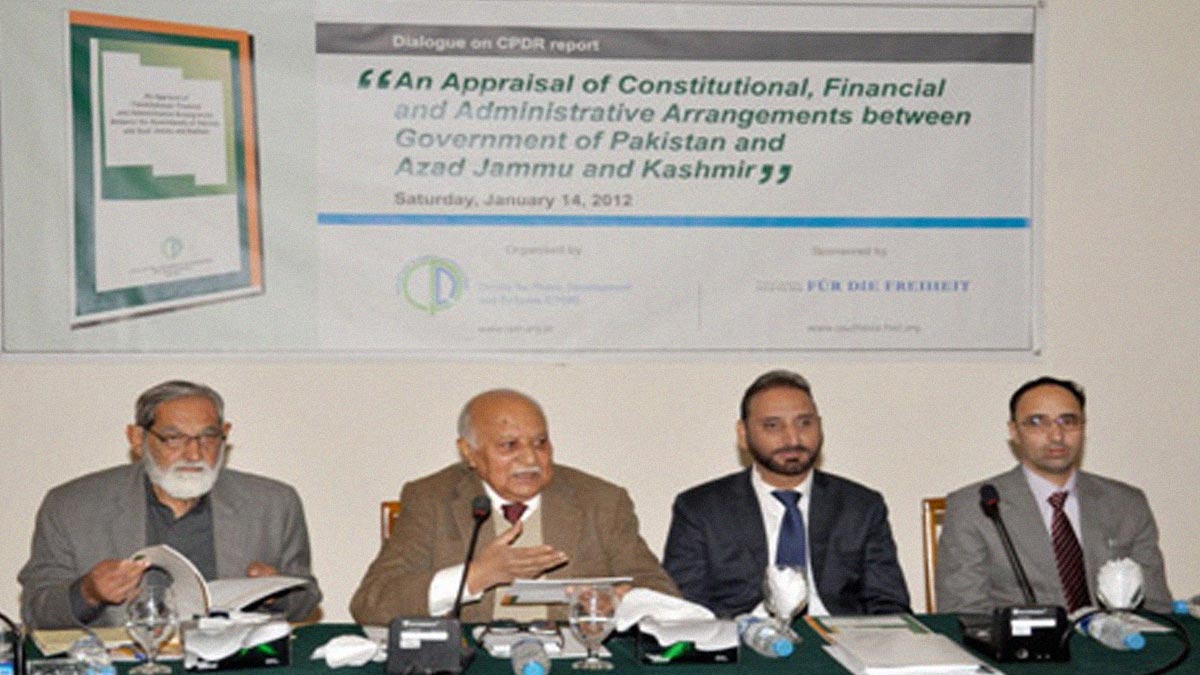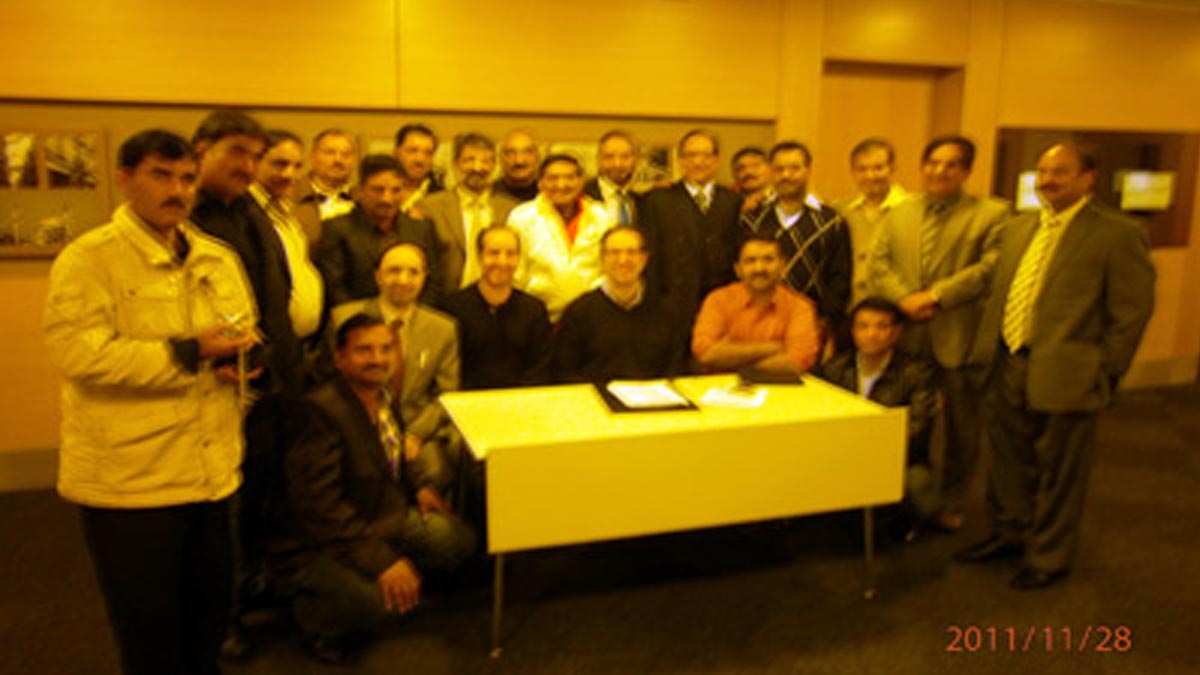- October 15, 2015
- @admin
- 0
- 15th October 2015
- Islamabad
Khurram Pervez, a Srinagar-based leading human rights activist said that India is systematically fragmenting communities in Indian controlled Jammu and Kashmir on the religious and ethnic lines and using them against each other to weaken the internationally recognized right of self-determination.
He stated that India is investing on sectarian lines in Kashmir to further and sustain occupation which is alarming. While presenting the findings of report on Human Rights situation in Kashmir titled “Structures of Violence” jointly hosted by Centre for Peace, Development and Reforms (CPDR) and Centre for Research and Security Studies (CRSS) in Islamabad, he revealed that almost 656000 Indian troops are present in Jammu and Kashmir a number even bigger than total number of forces present in Afghanistan and Iraq during war time turning Kashmir in to the one of the highest militarized zones in the world. Report underscores how Kashmiris have endured a systematic denial of rights and political disempowerment through brute force and management of perceptions on their political struggle for the right of self-determination. Pervez bemoaned what he said decreasing Pakistani assertiveness on the issue of Kashmir which he said had encouraged India to increasingly harden its position on the issue of Jammu and Kashmir.
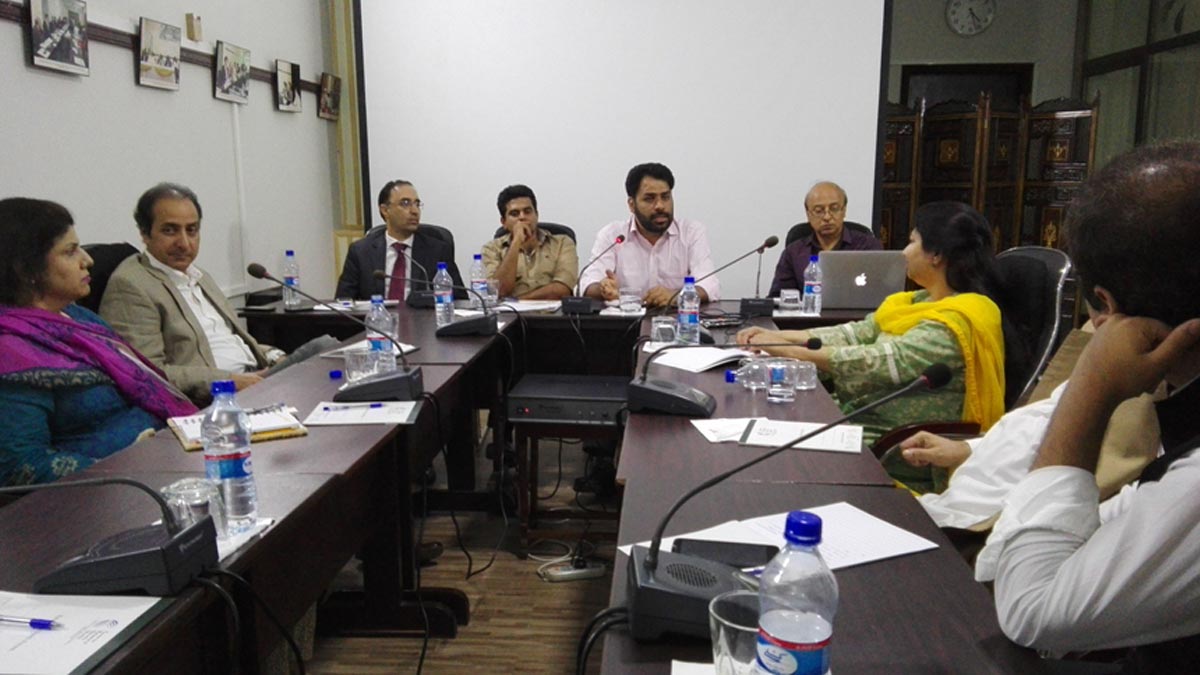
Kartik Murukutla, a lawyer working with the Jammu Kashmir Coalition of Civil Society based in Srinagar, stated that there is no political will in Government of Indian (GOI) to prosecute or even start an investigation against armed personals involved in Human Rights (HR) violations and even not a single person from forces has been prosecuted for this. It was attributed to state connivance and above all a poor judicial system is adding insult to injury.
Report also identified and documented the structures, location and placement of brigades, and stations, of Indian armed forces in Kashmir believing to be helpful in prosecution of accused Indian soldier in case of investigation.
Kartik Murukutla maintained that HR violations took place under the patronage of state and demanded international bodies like International Court of Justice, United Nation Human Rights Council (UNHRC) to intervene for justice and create process of oversight on Indian forces on HR violations since the domestic remedies for justice are completely exhausted.
Addressing the gathering, Khurum also lauded the role played by Pakistan in internationalizing Kashmir issues and stressed on the more proactive and responsive role from Pakistani civil society and media. Pakistan has been showing lot of flexibility and openness on Kashmir but India could not benefit from this opportunity, said Khuram. Answering a question on young people aspirations, he stated that India is deliberately fuming the hate and dividing young people on various religious and local identities which has a potential to explode and could be lethal for the entire region.
During introductory remarks, Executive Director CPDR, Ershad Mahmud said that policy makers need to create more opportunities of interaction and connectivity themselves with the people linked to grass root level for better policy input. He said that Pakistan writers and journalists have limited understanding of the local dynamics of the Kashmir issue and such interaction provides opportunities for the nuance understanding.
While concluding, Imtiaz Gull Executive Director CRSS underlined the need of more frequent interaction between Pakistani and Kashmiri think tanks, civil society and political actors for better understanding of the conflict and formulating a shared strategy to further the cause of Kashmir.Khurram Pervez, a Srinagar-based leading human rights activist said that India is systematically fragmenting communities in Indian controlled Jammu and Kashmir on the religious and ethnic lines and using them against each other to weaken the internationally recognized right of self-determination.
He stated that India is investing on sectarian lines in Kashmir to further and sustain occupation which is alarming. While presenting the findings of report on Human Rights situation in Kashmir titled “Structures of Violence” jointly hosted by Centre for Peace, Development and Reforms (CPDR) and Centre for Research and Security Studies (CRSS) in Islamabad, he revealed that almost 656000 Indian troops are present in Jammu and Kashmir a number even bigger than total number of forces present in Afghanistan and Iraq during war time turning Kashmir in to the one of the highest militarized zones in the world. Report underscores how Kashmiris have endured a systematic denial of rights and political disempowerment through brute force and management of perceptions on their political struggle for the right of self-determination. Pervez bemoaned what he said decreasing Pakistani assertiveness on the issue of Kashmir which he said had encouraged India to increasingly harden its position on the issue of Jammu and Kashmir.
Kartik Murukutla, a lawyer working with the Jammu Kashmir Coalition of Civil Society based in Srinagar, stated that there is no political will in Government of Indian (GOI) to prosecute or even start an investigation against armed personals involved in Human Rights (HR) violations and even not a single person from forces has been prosecuted for this. It was attributed to state connivance and above all a poor judicial system is adding insult to injury.
Report also identified and documented the structures, location and placement of brigades, and stations, of Indian armed forces in Kashmir believing to be helpful in prosecution of accused Indian soldier in case of investigation.
Kartik Murukutla maintained that HR violations took place under the patronage of state and demanded international bodies like International Court of Justice, United Nation Human Rights Council (UNHRC) to intervene for justice and create process of oversight on Indian forces on HR violations since the domestic remedies for justice are completely exhausted.
Addressing the gathering, Khurum also lauded the role played by Pakistan in internationalizing Kashmir issues and stressed on the more proactive and responsive role from Pakistani civil society and media. Pakistan has been showing lot of flexibility and openness on Kashmir but India could not benefit from this opportunity, said Khuram. Answering a question on young people aspirations, he stated that India is deliberately fuming the hate and dividing young people on various religious and local identities which has a potential to explode and could be lethal for the entire region.
During introductory remarks, Executive Director CPDR, Ershad Mahmud said that policy makers need to create more opportunities of interaction and connectivity themselves with the people linked to grass root level for better policy input. He said that Pakistan writers and journalists have limited understanding of the local dynamics of the Kashmir issue and such interaction provides opportunities for the nuance understanding.
While concluding, Imtiaz Gull Executive Director CRSS underlined the need of more frequent interaction between Pakistani and Kashmiri think tanks, civil society and political actors for better understanding of the conflict and formulating a shared strategy to further the cause of Kashmir.
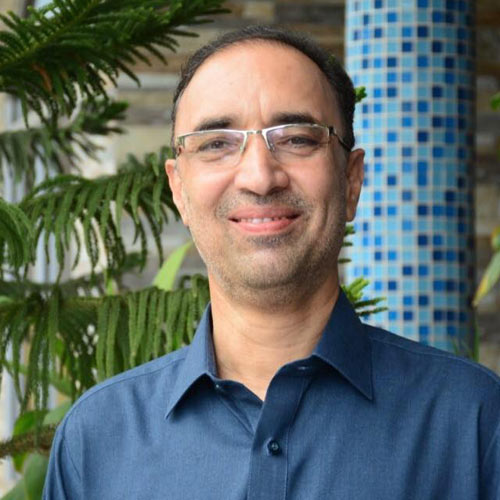
Ershad Mahmud
The writer is a freelance contributor. He can be reached at:


